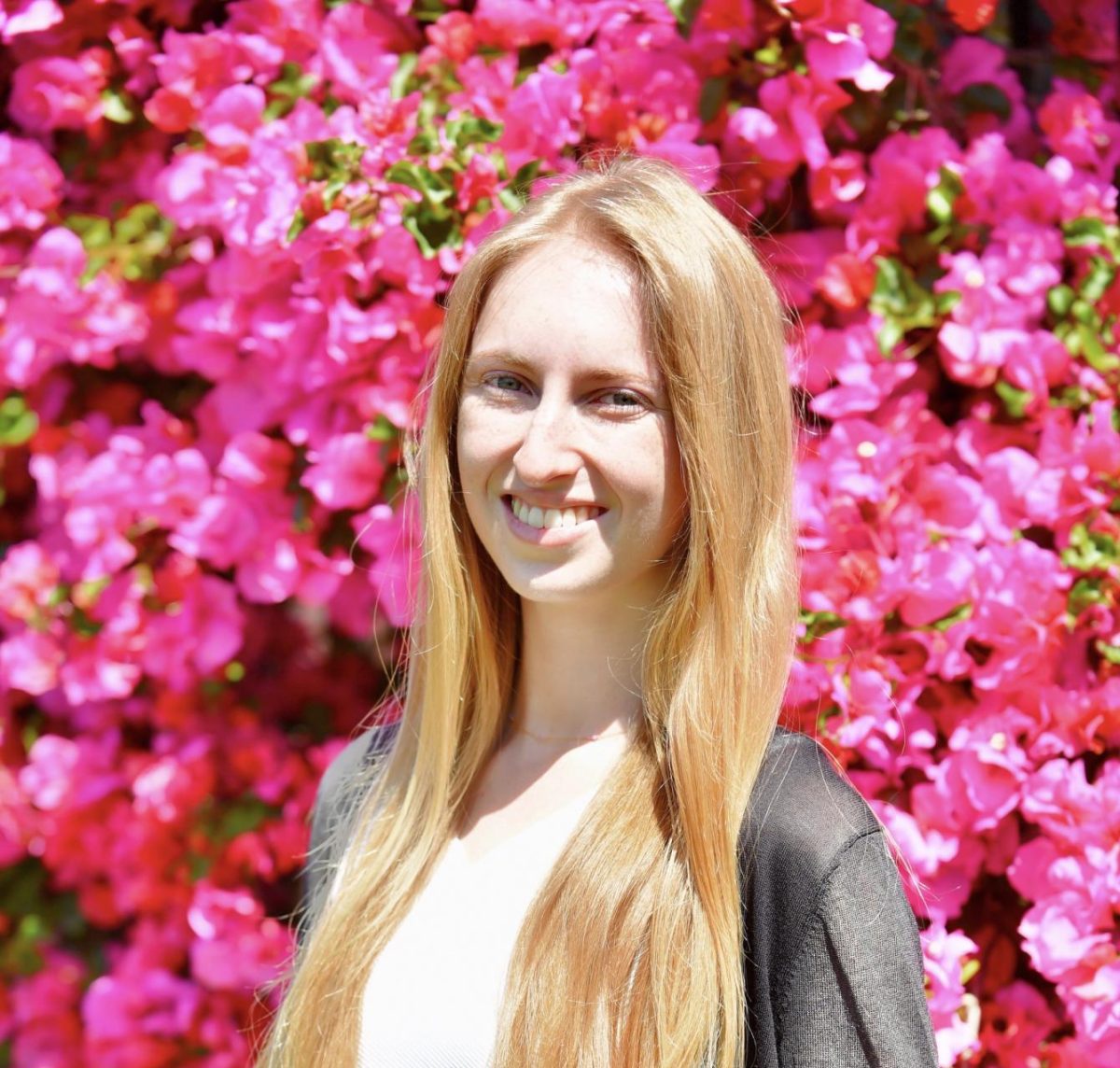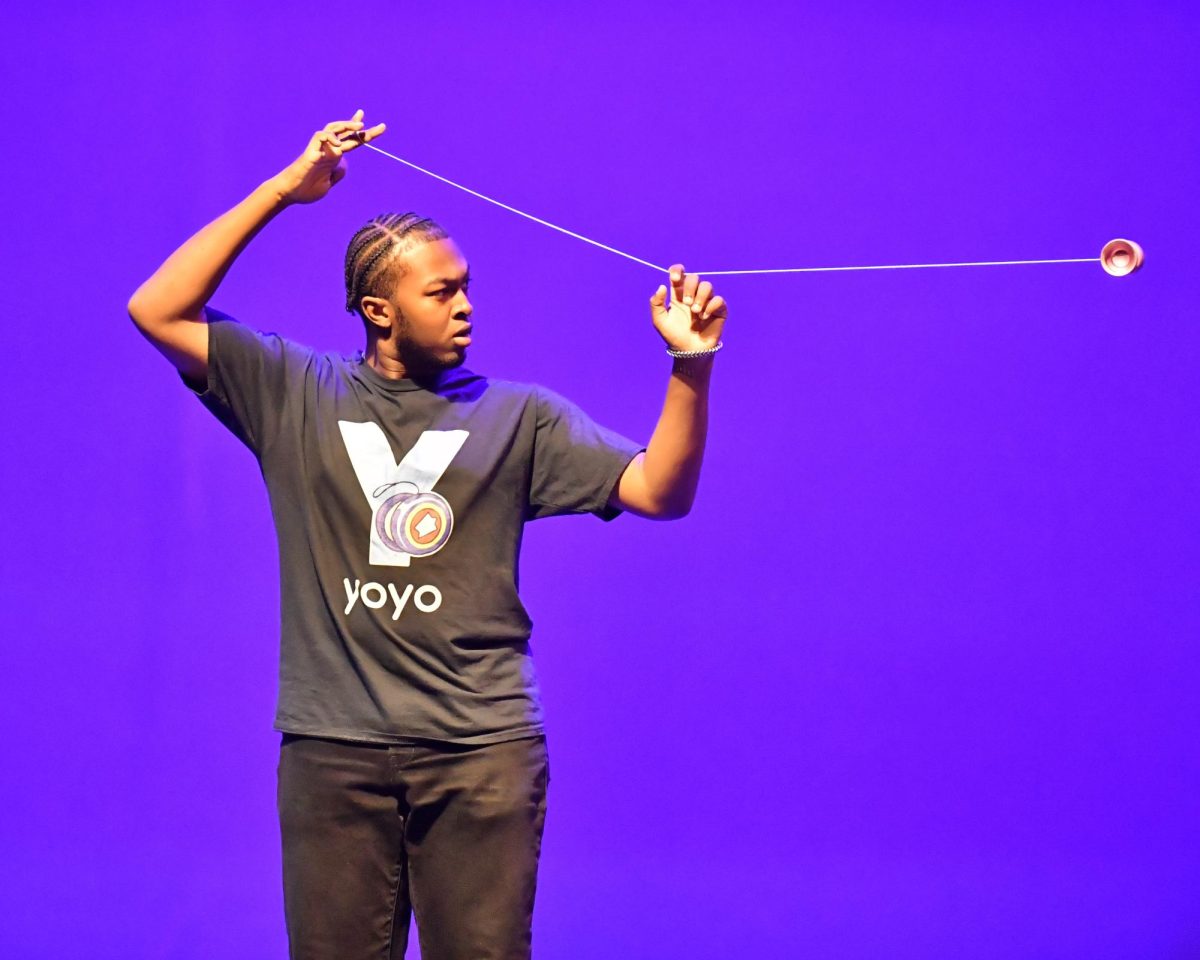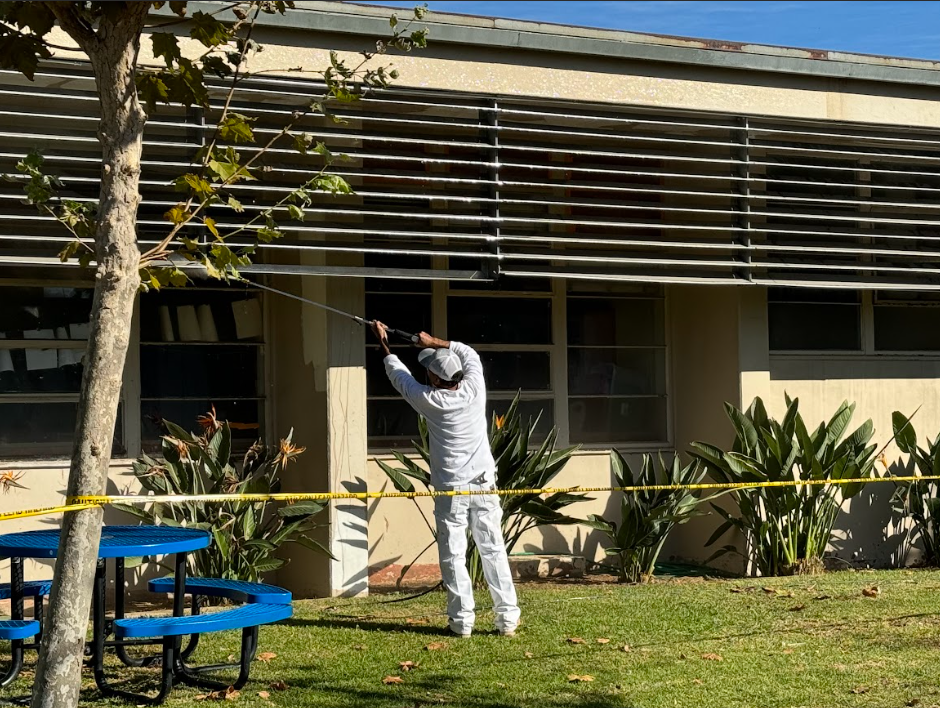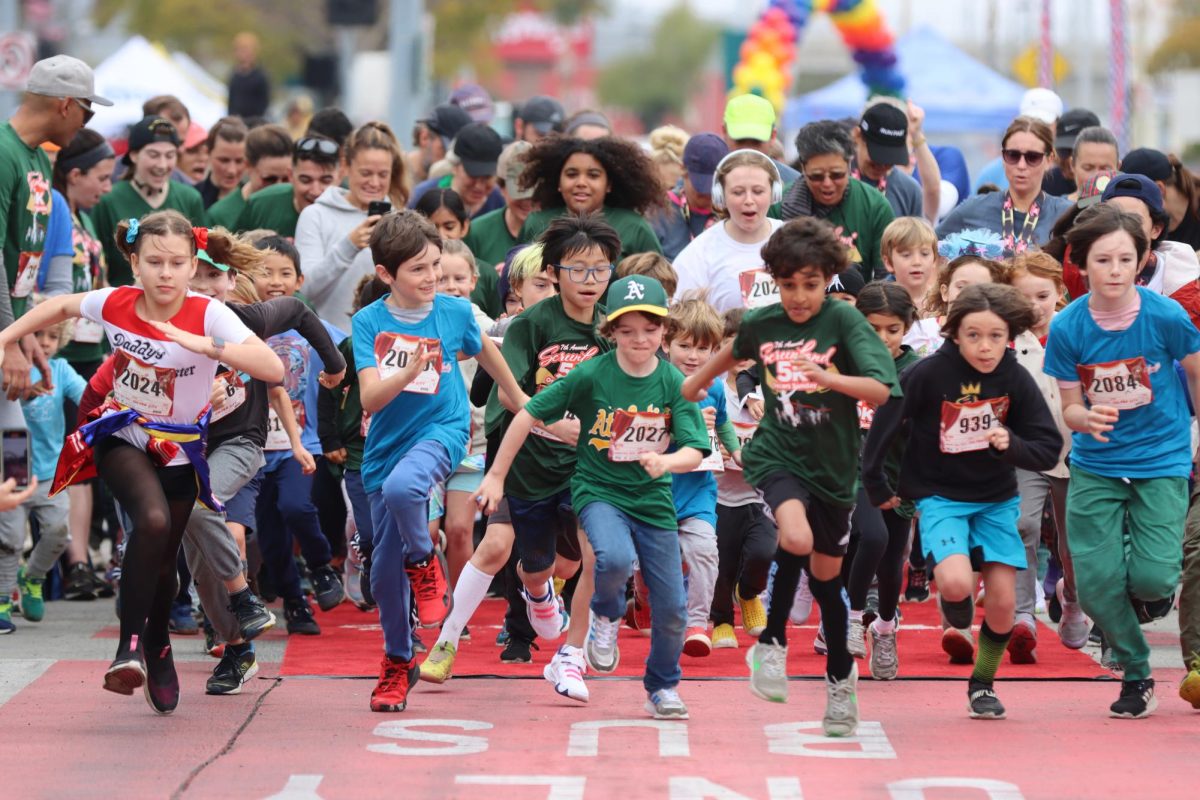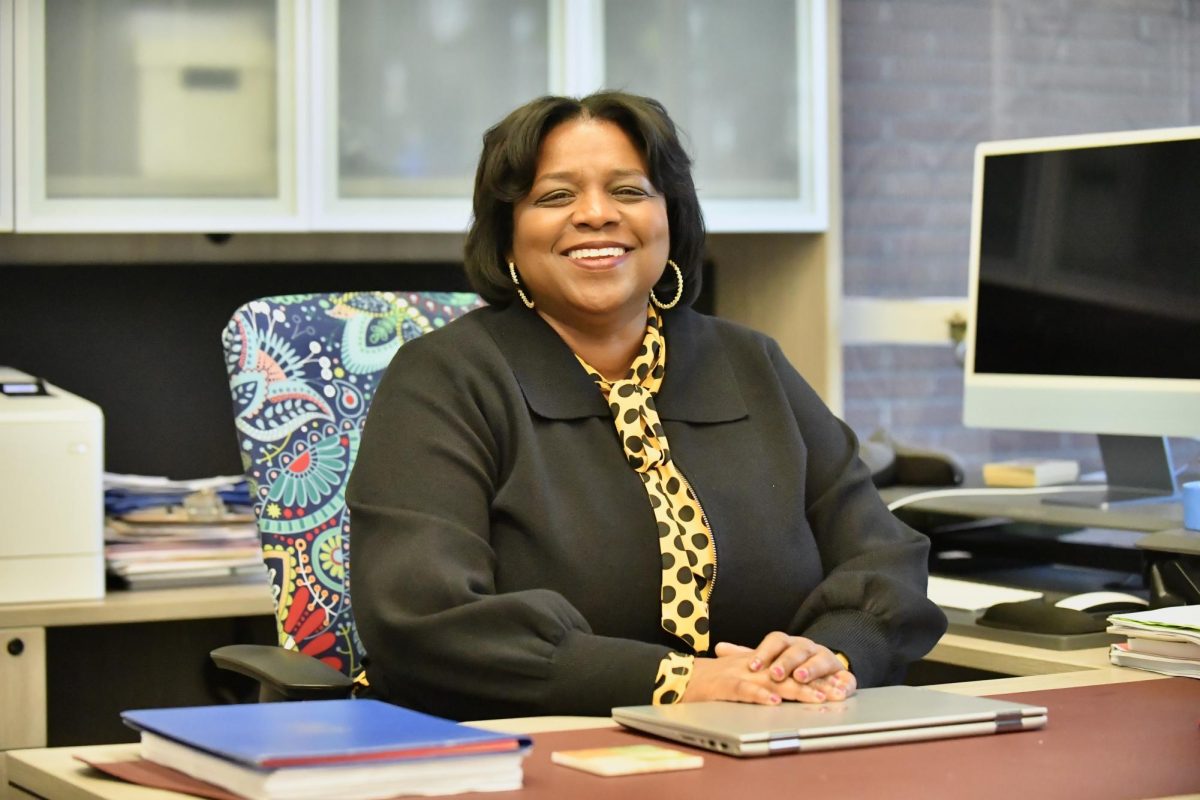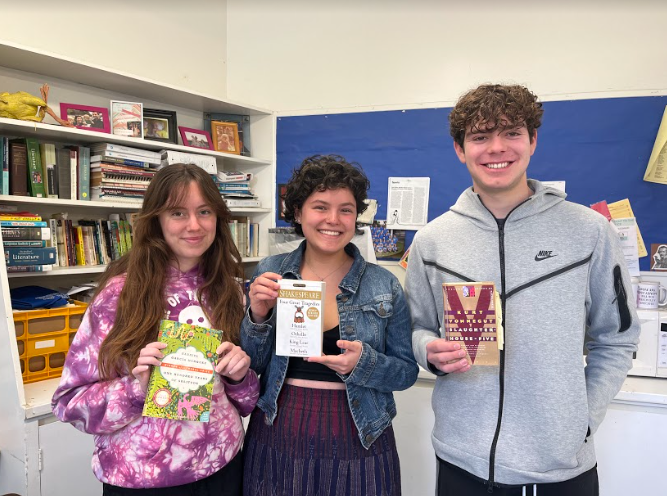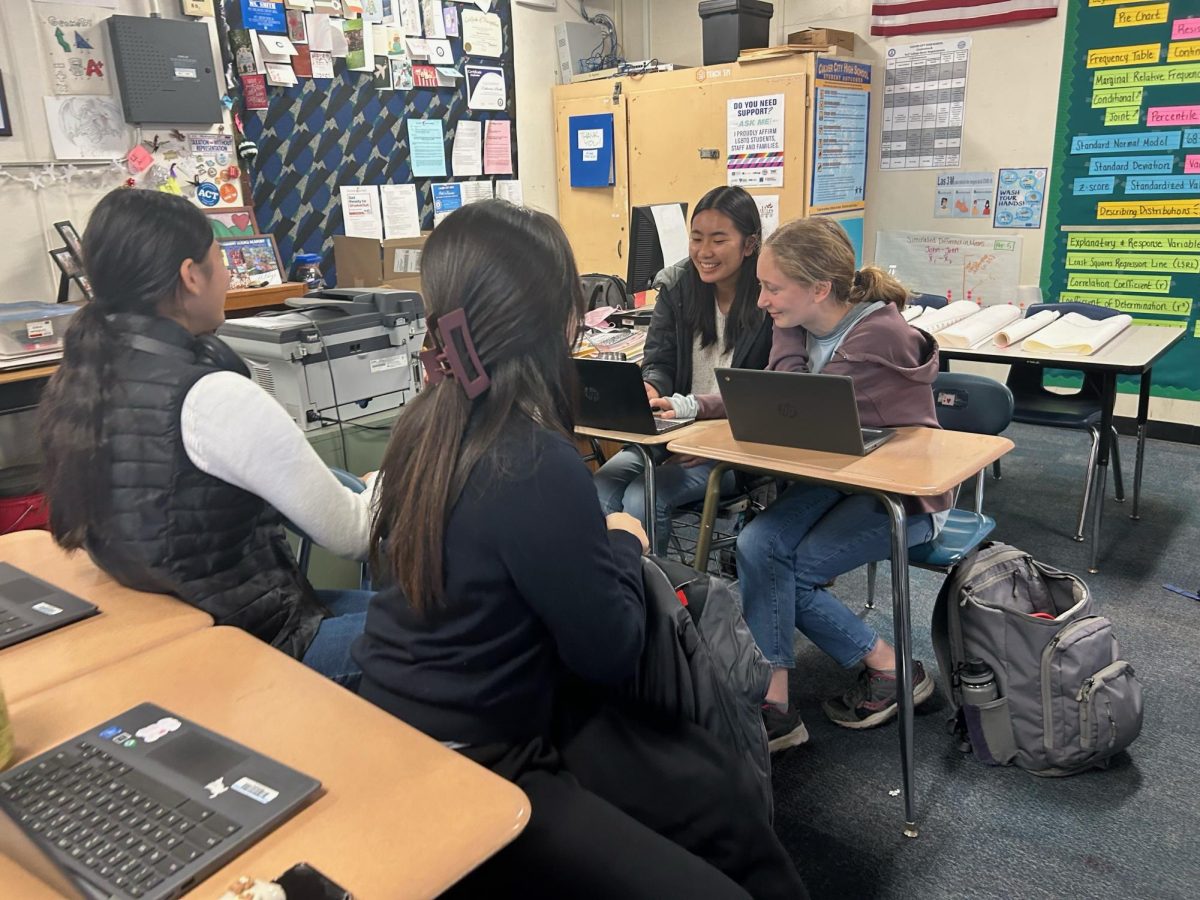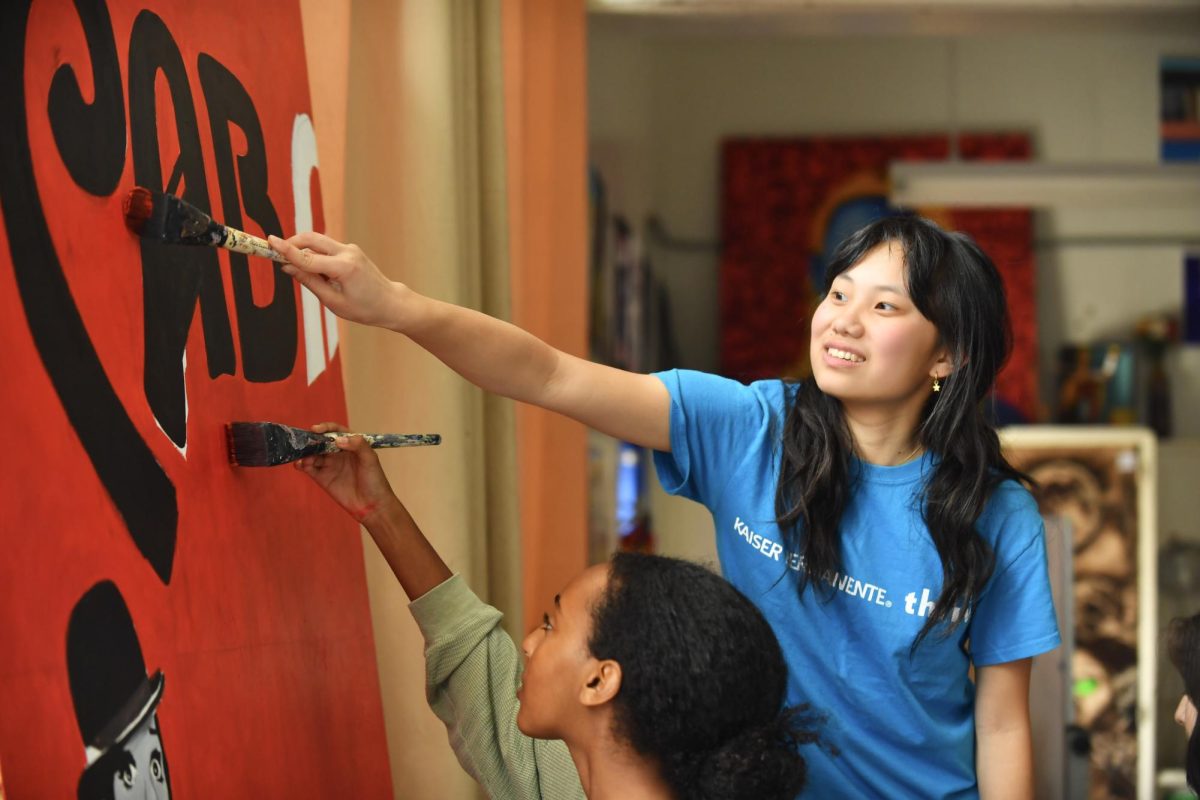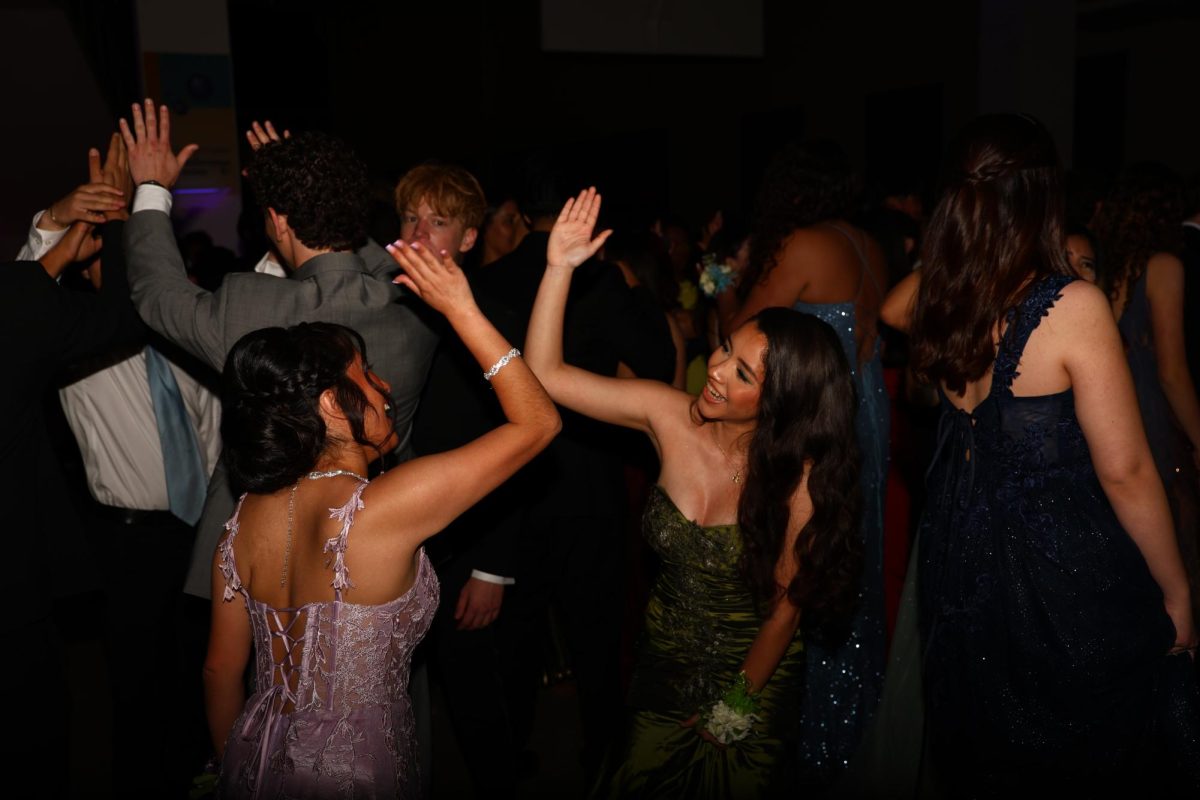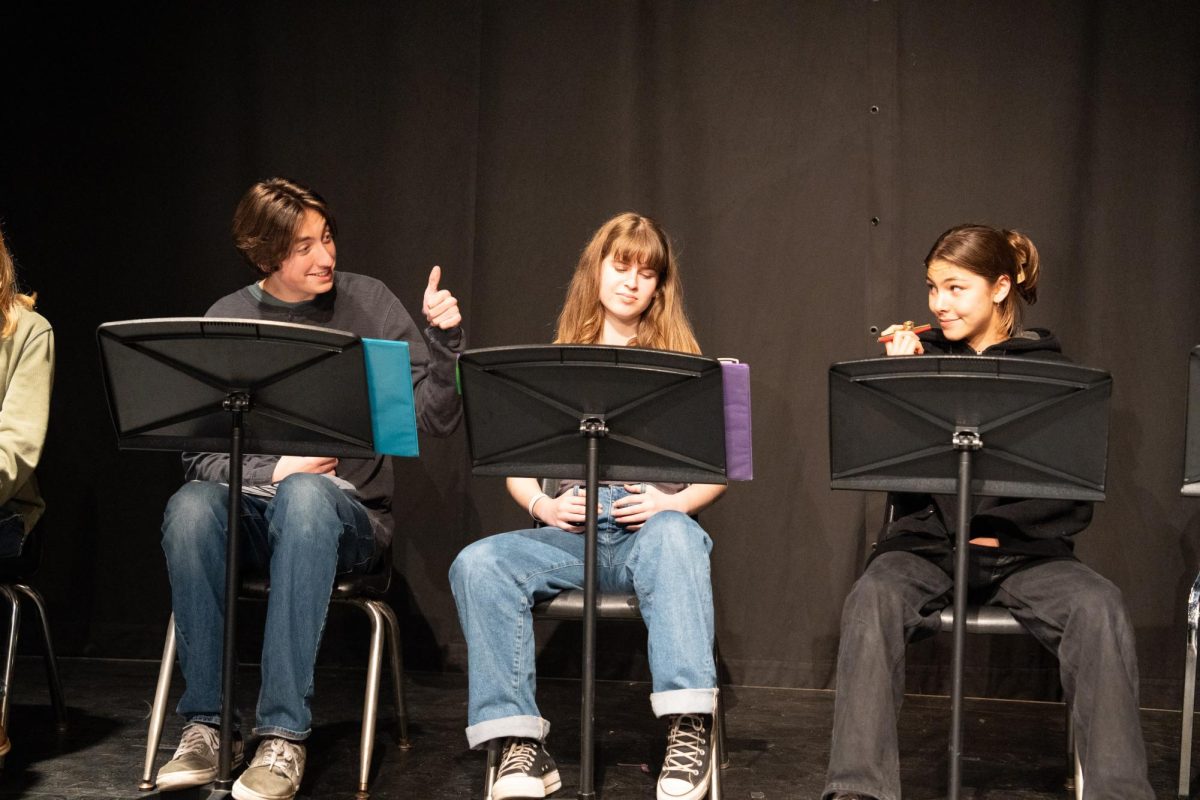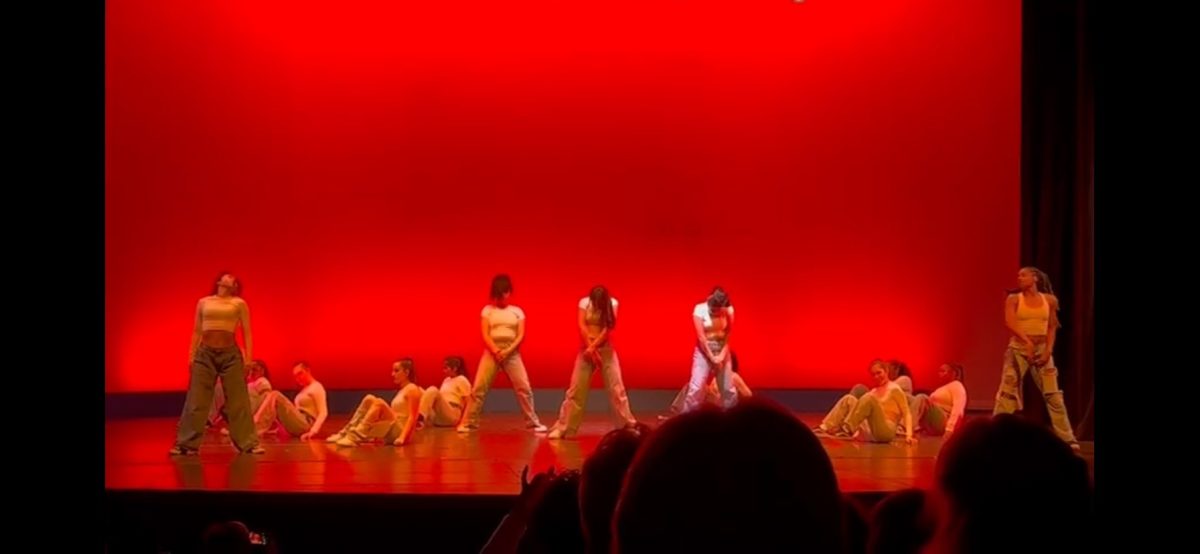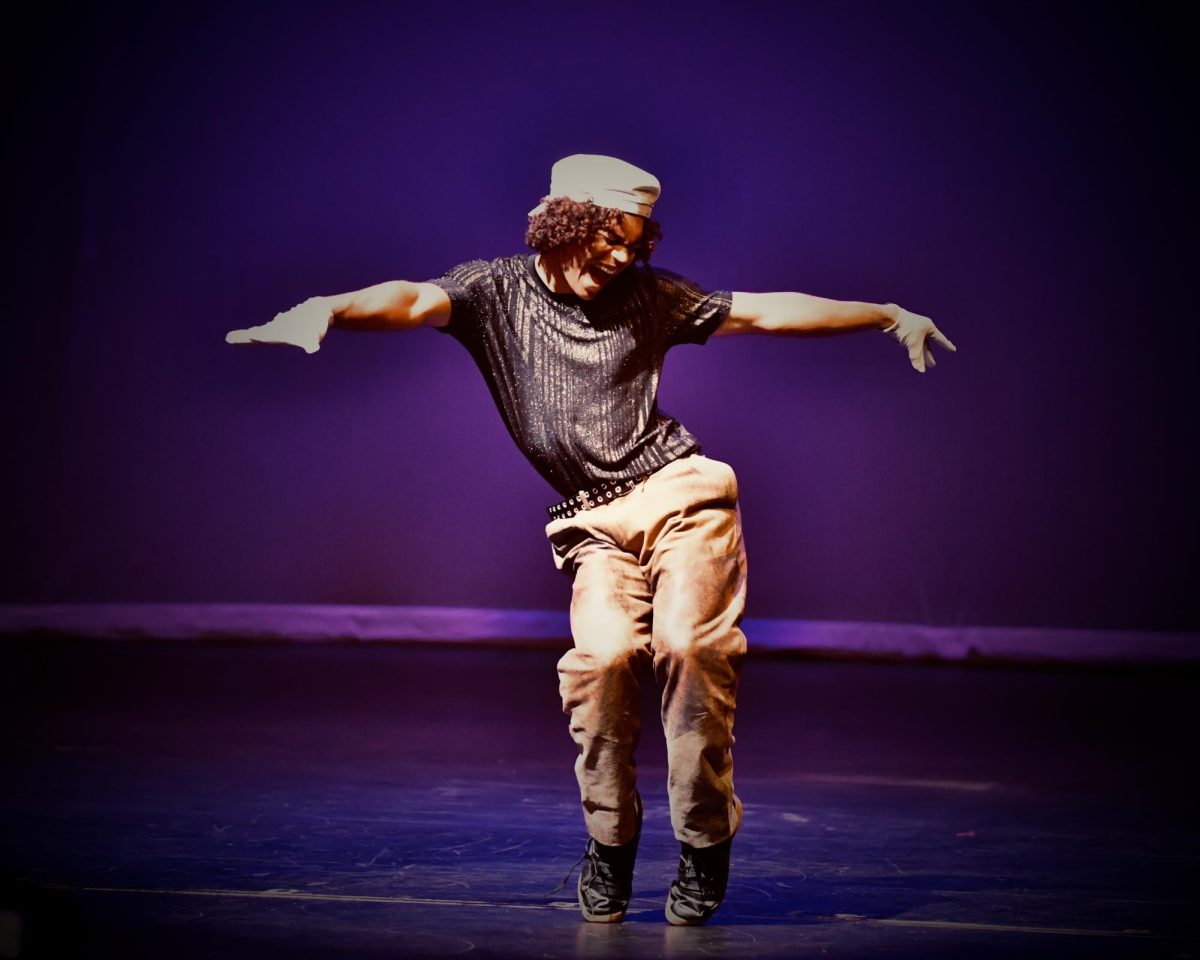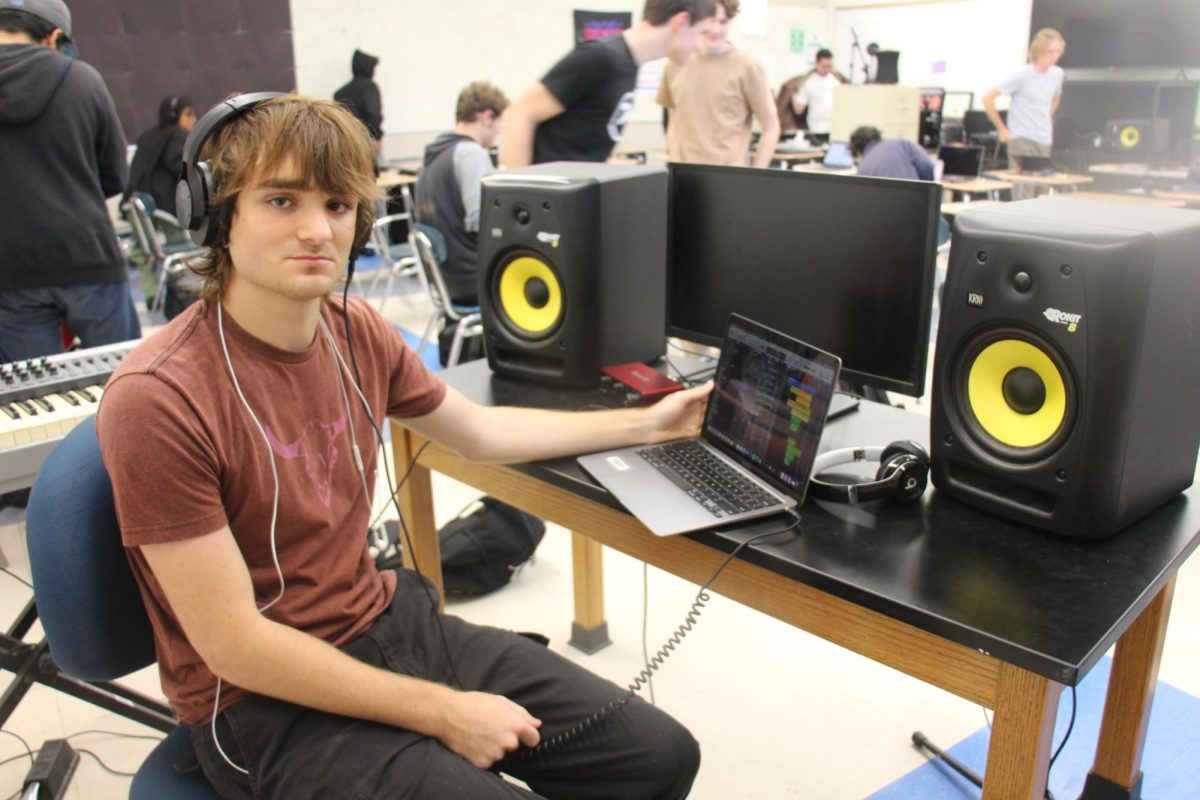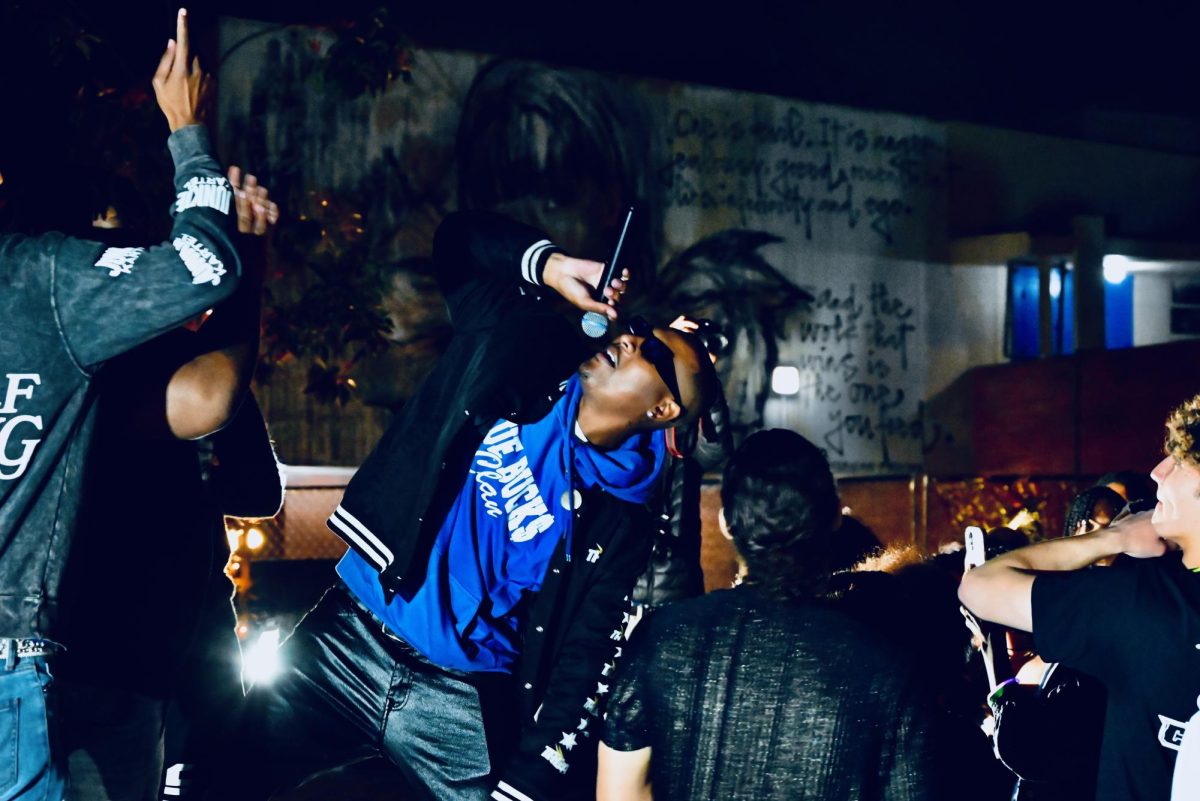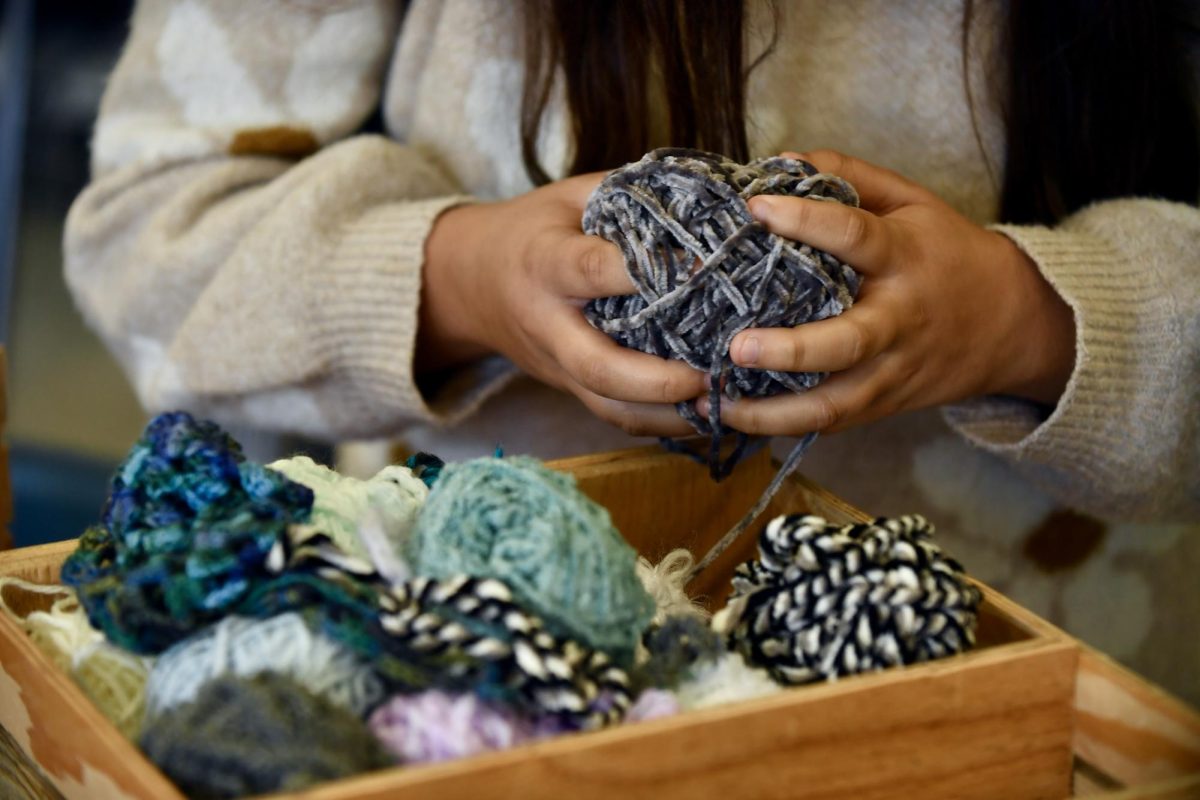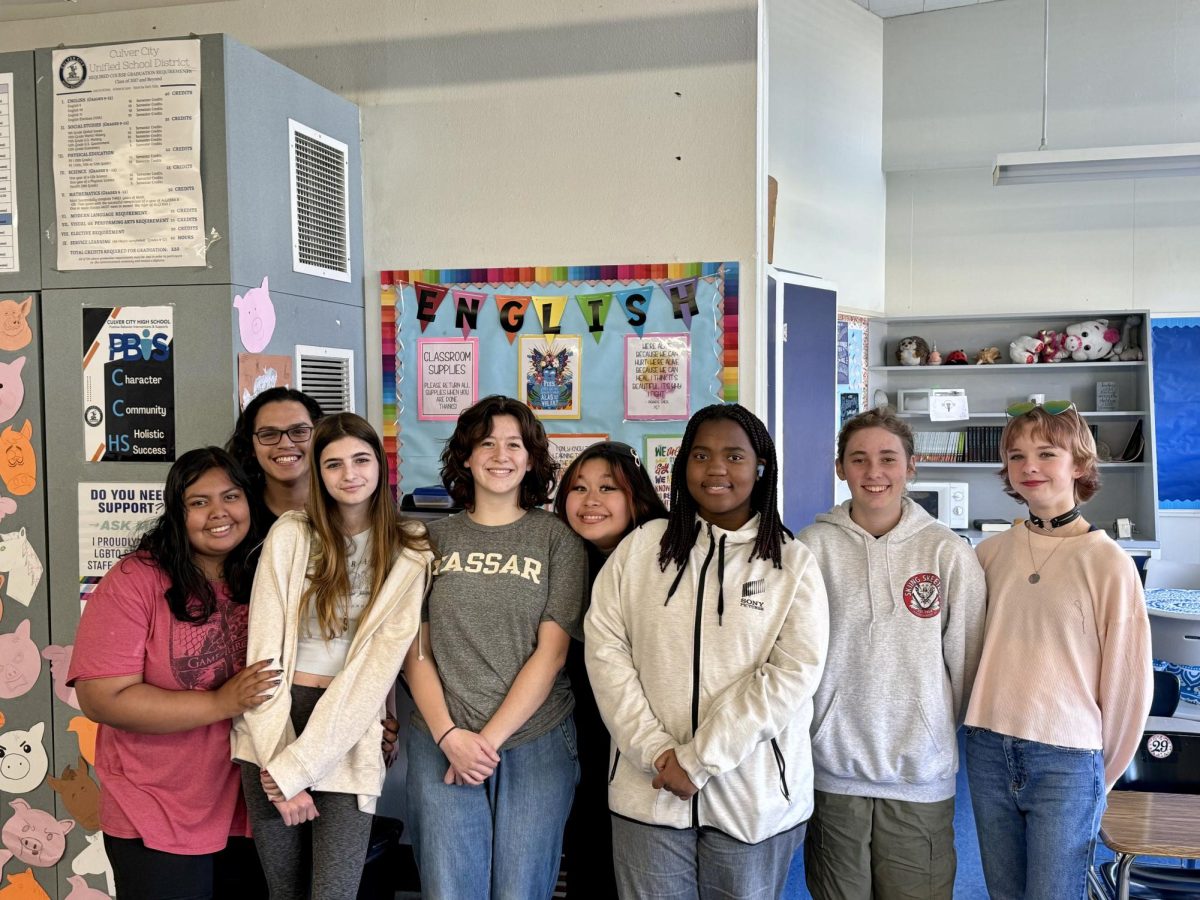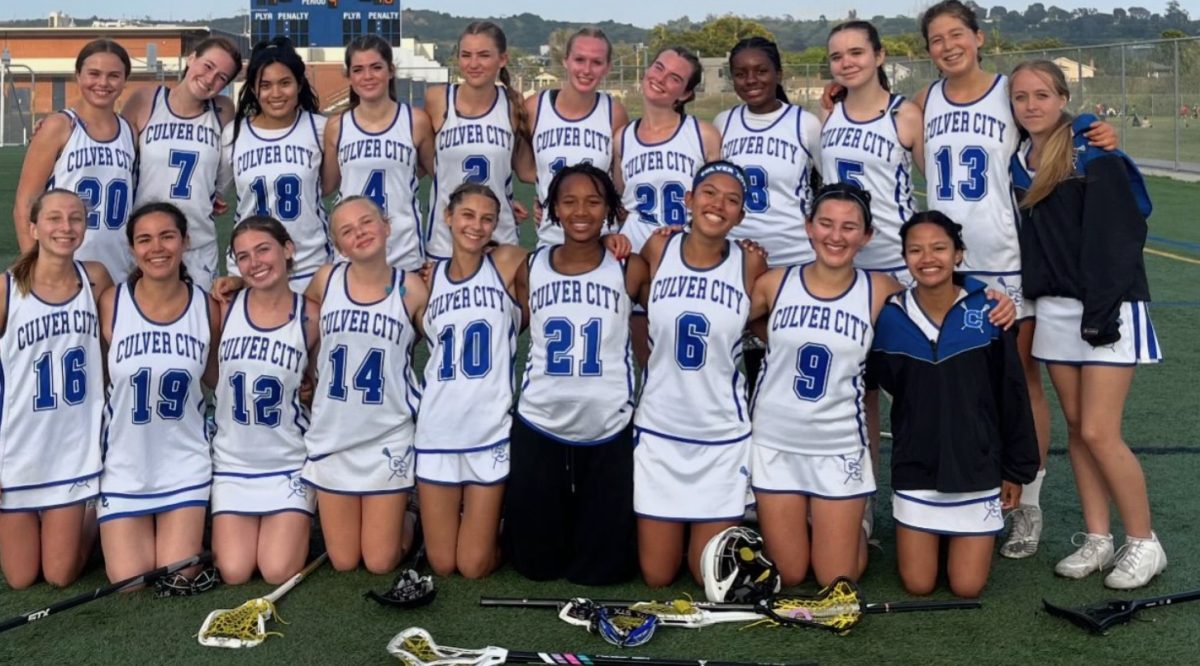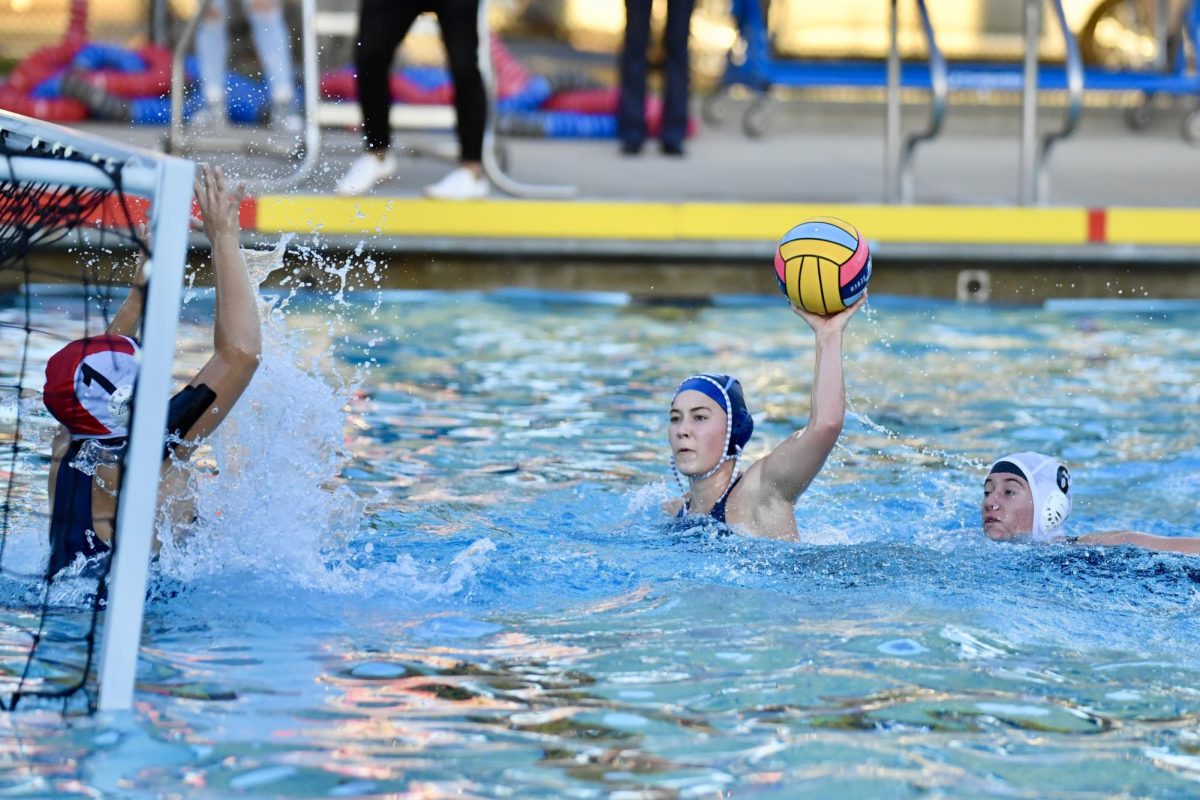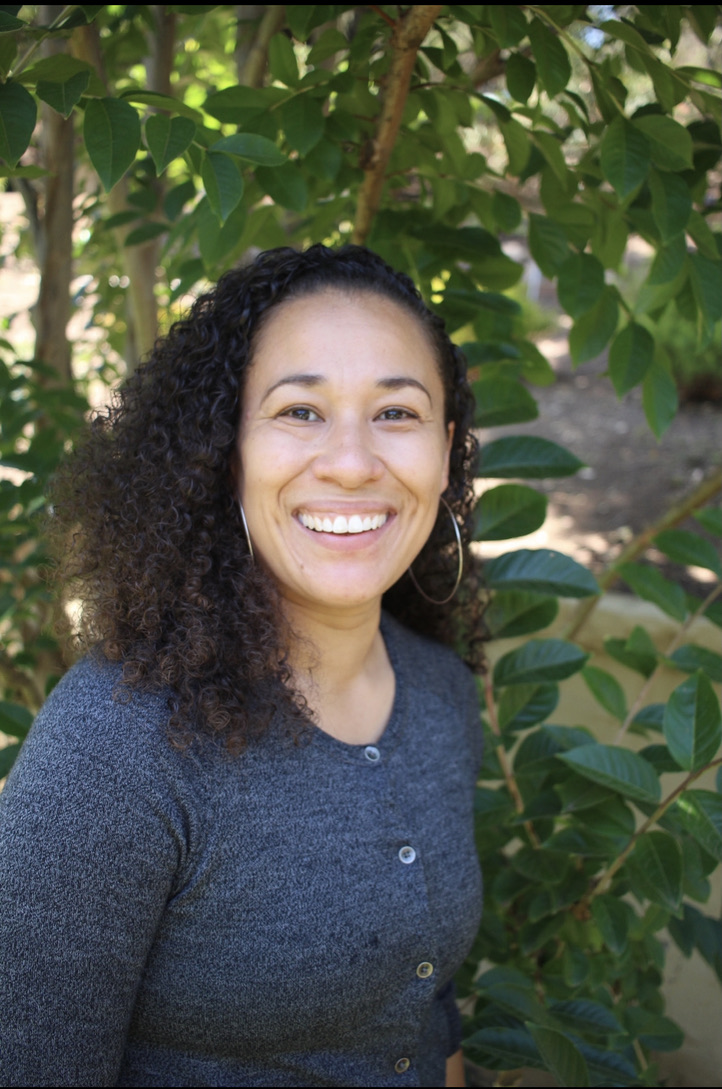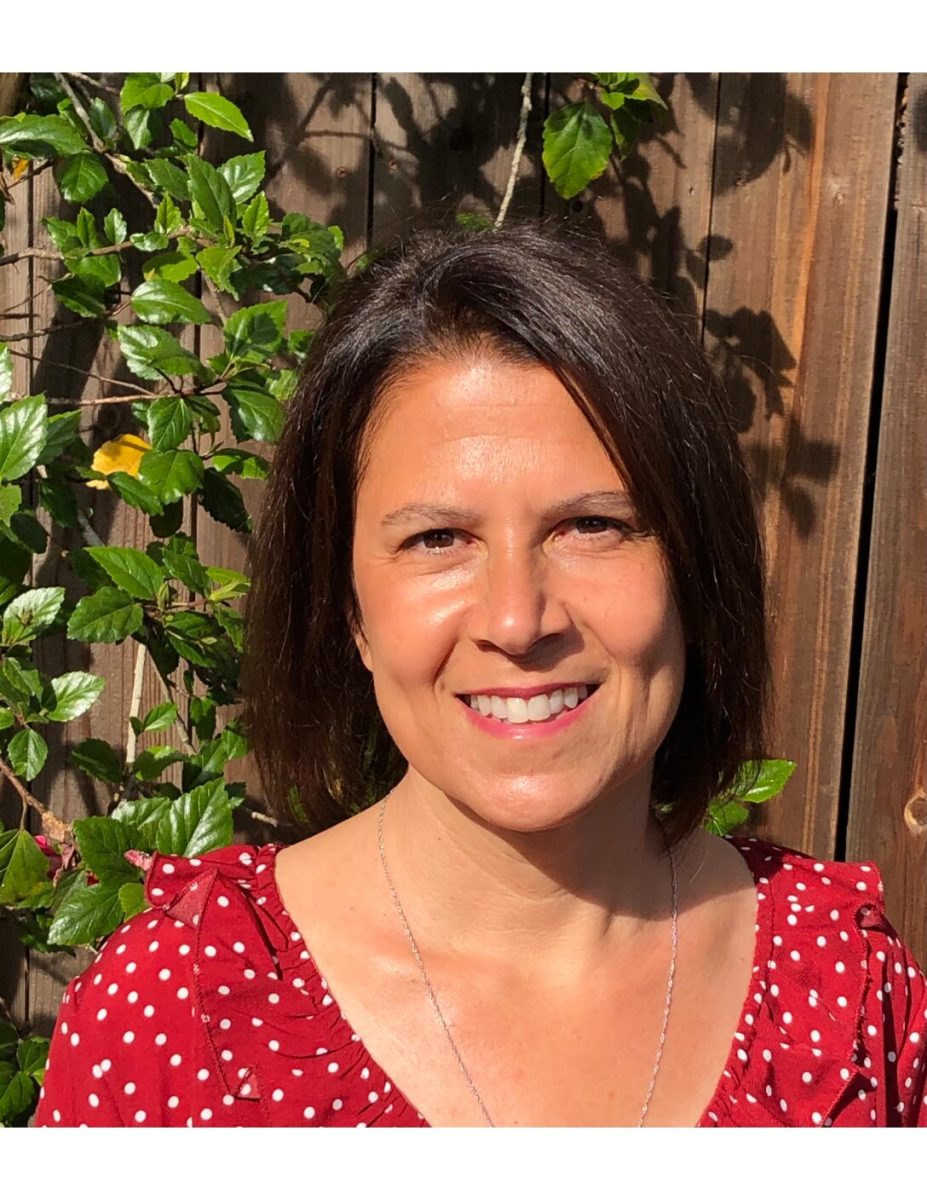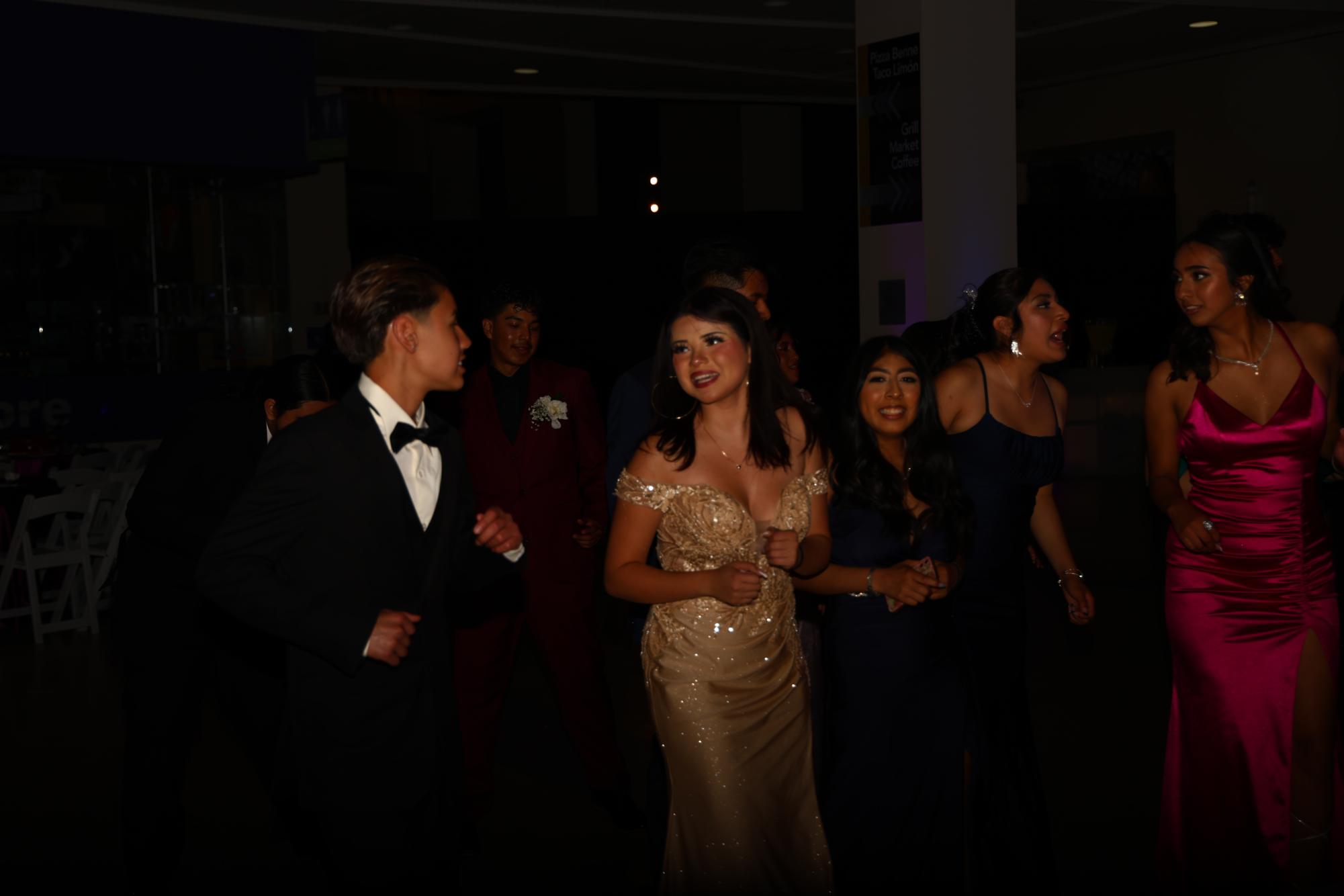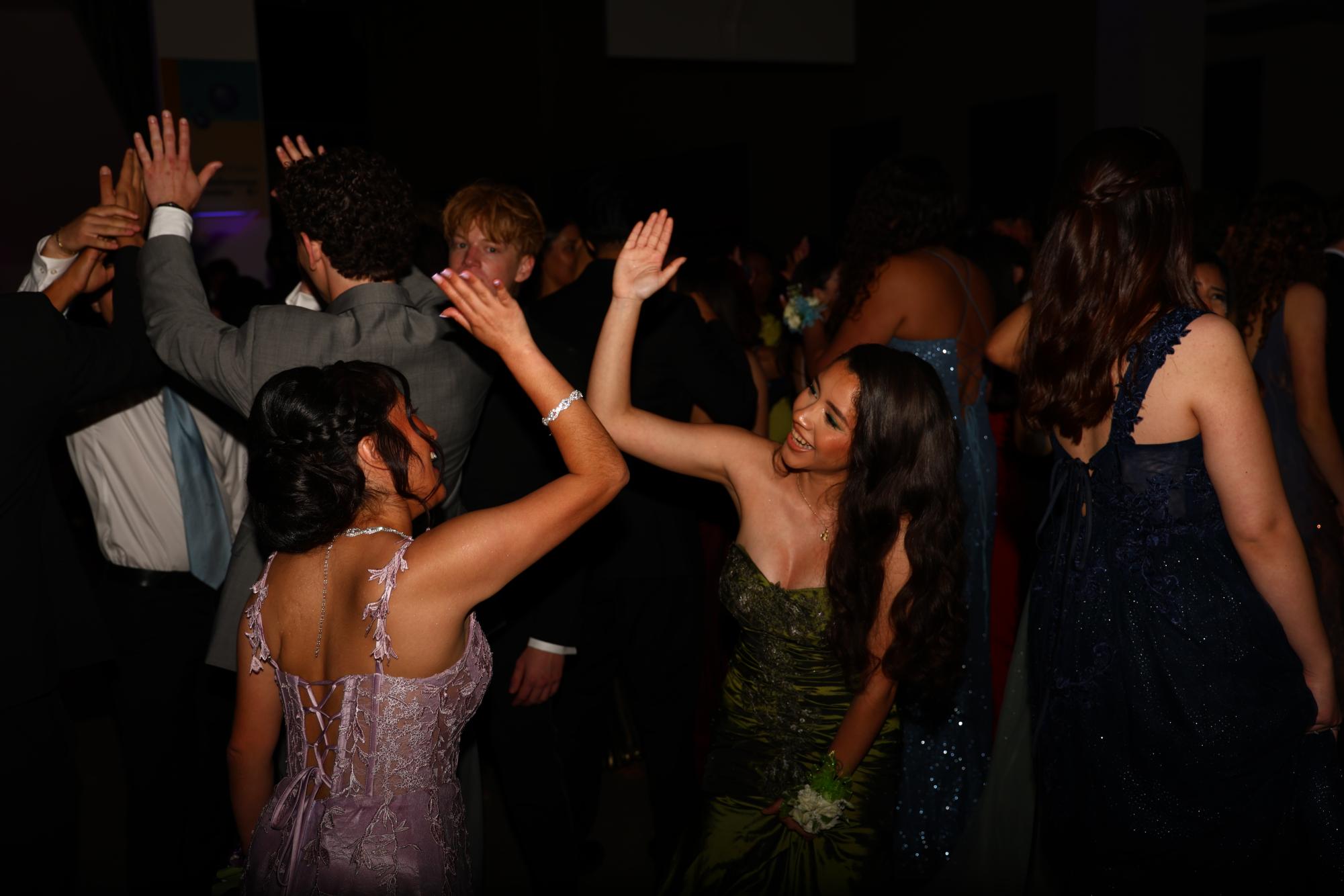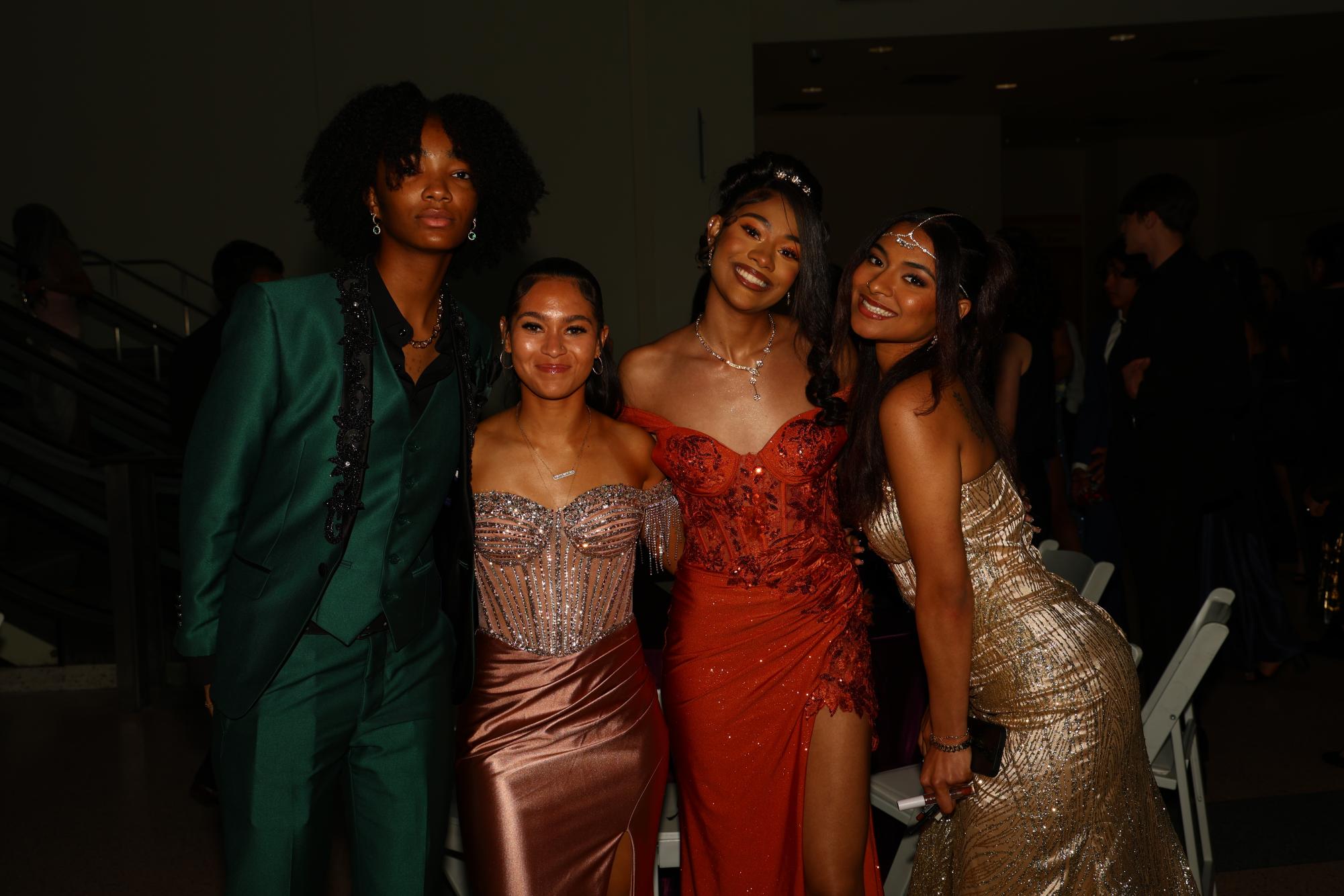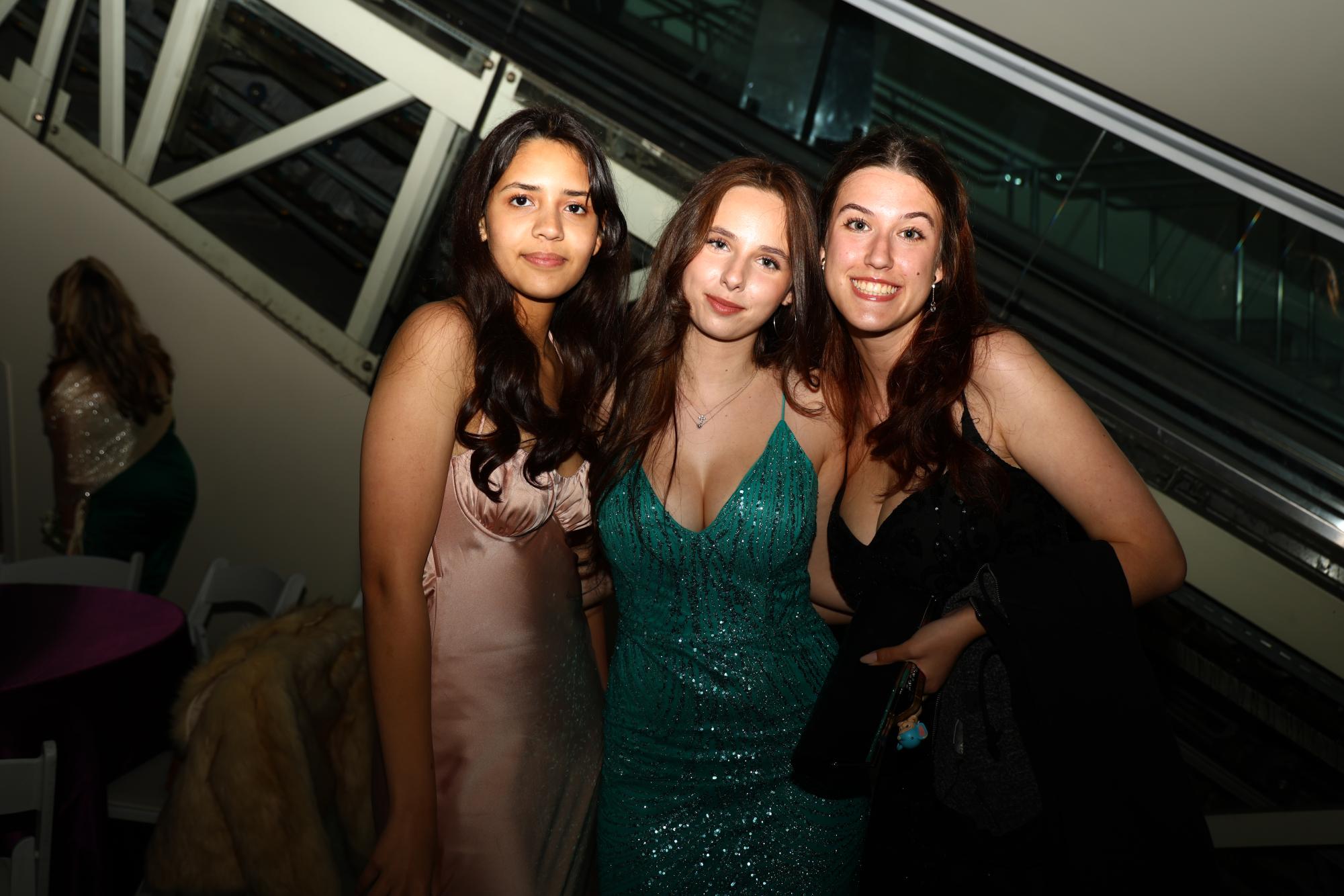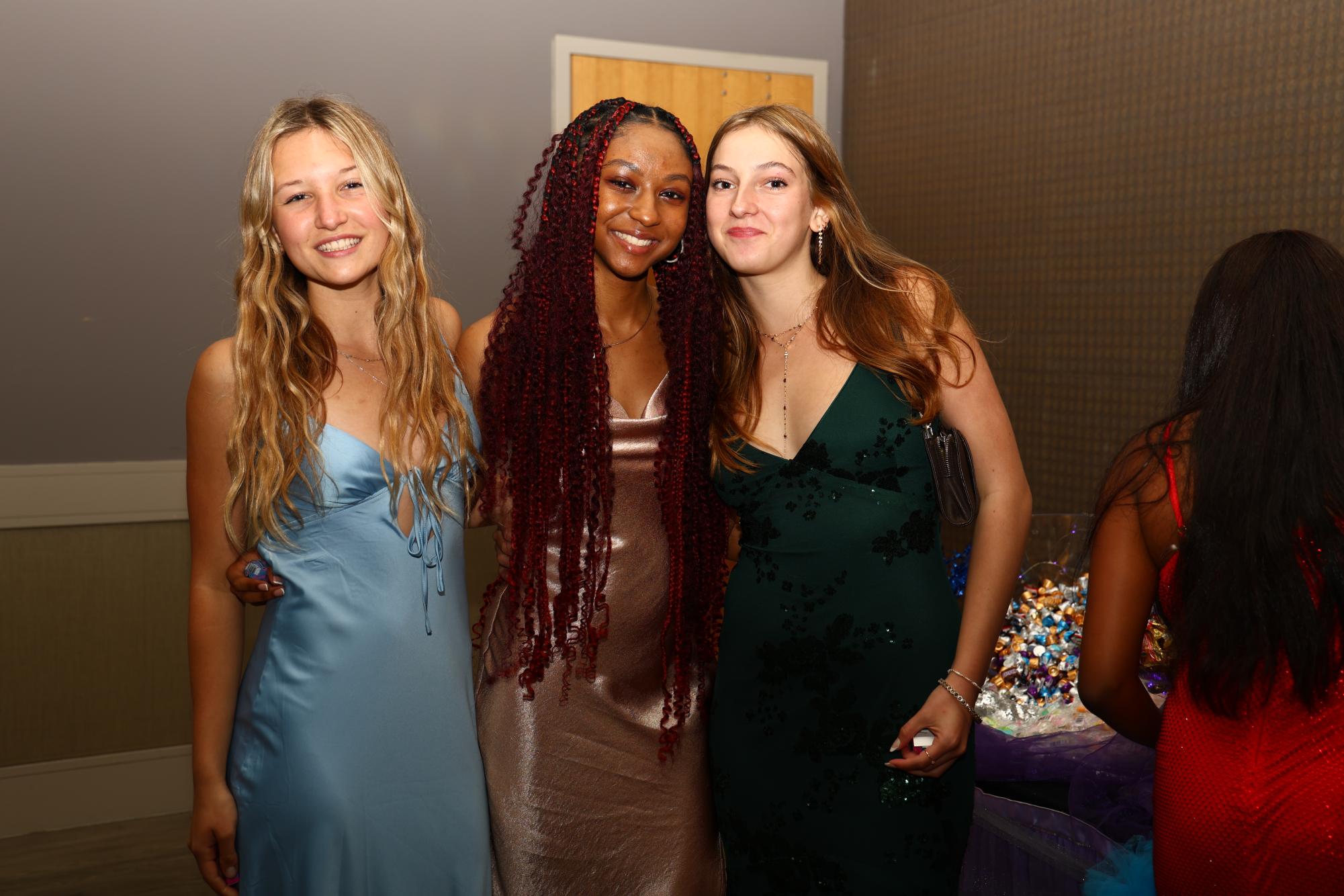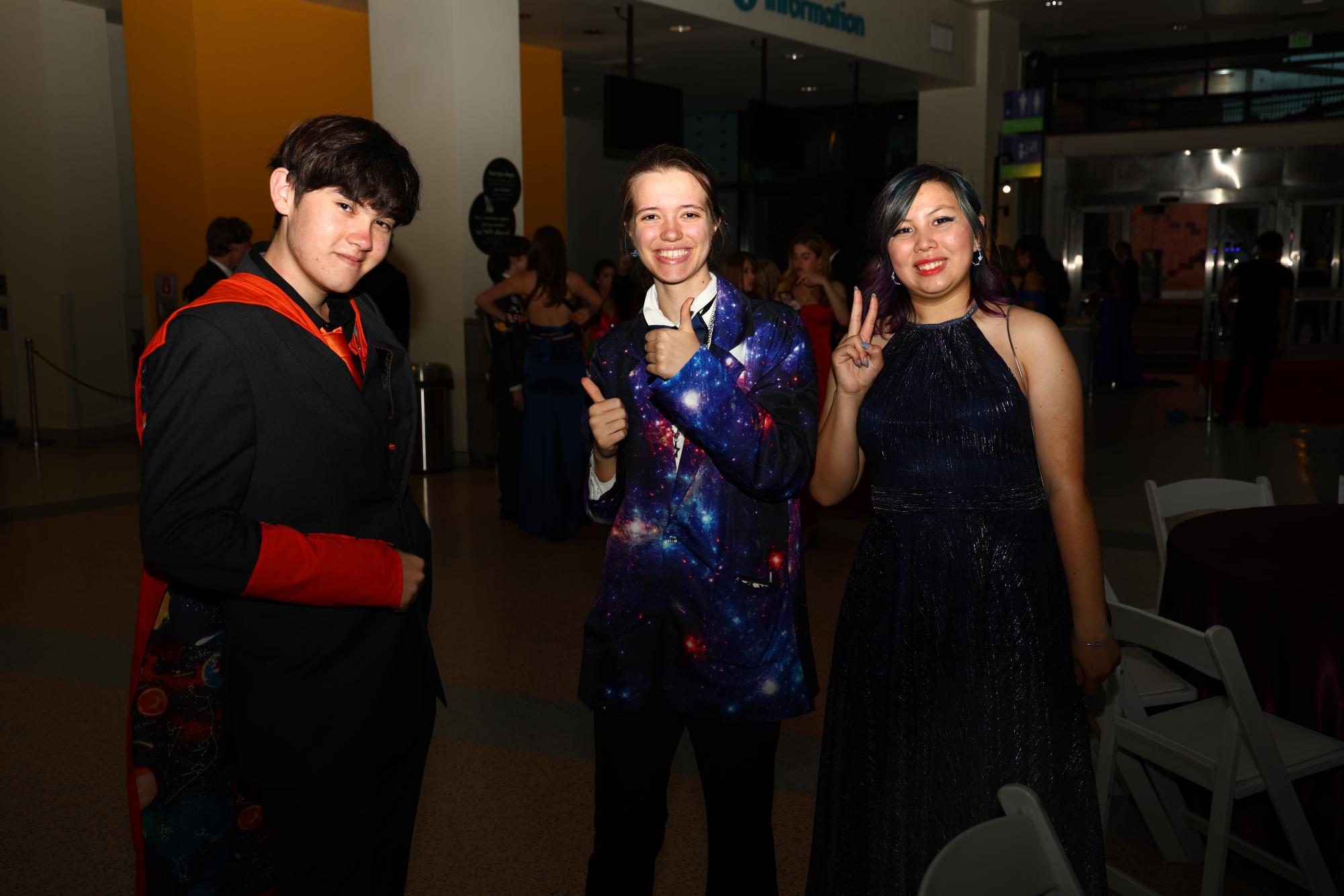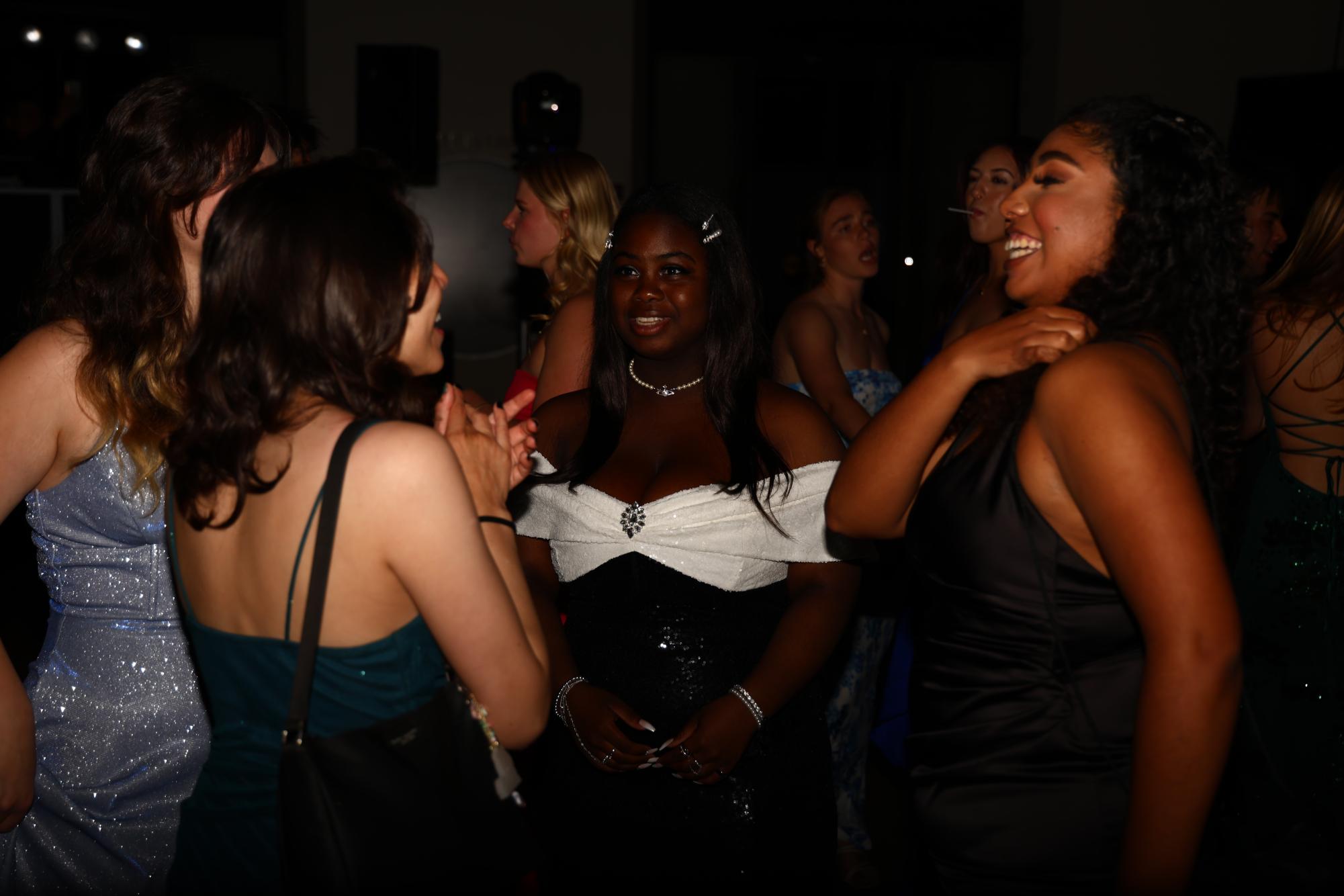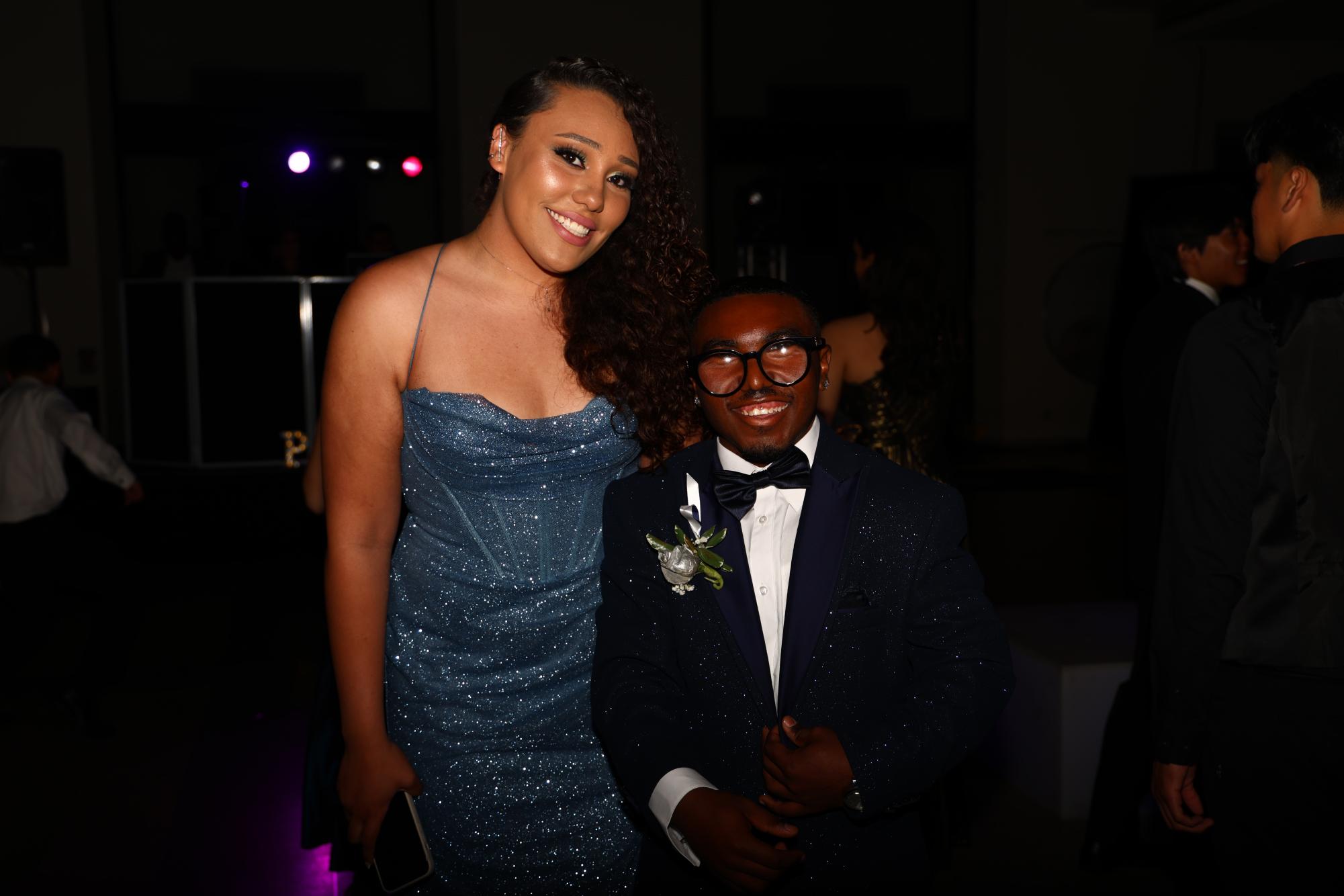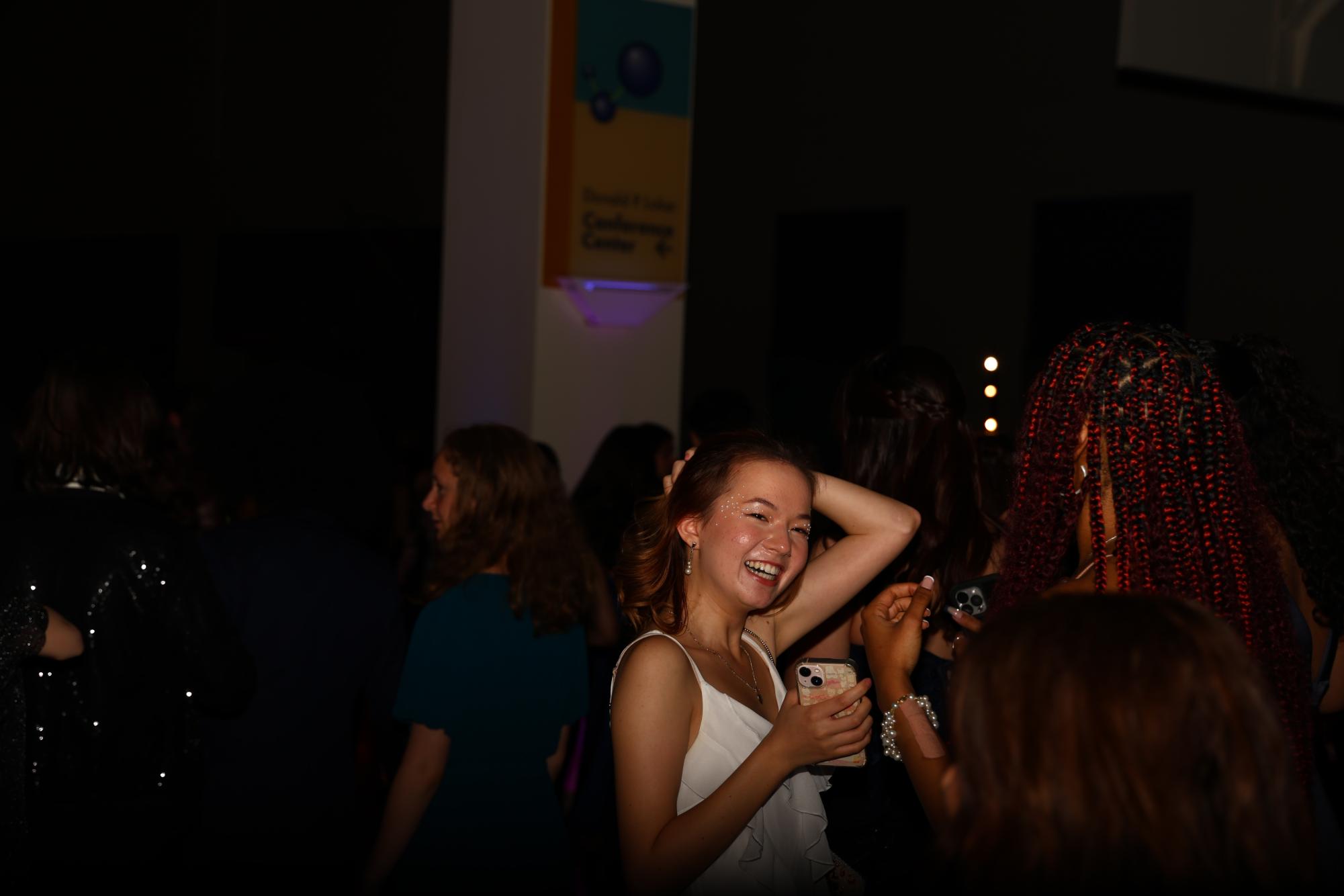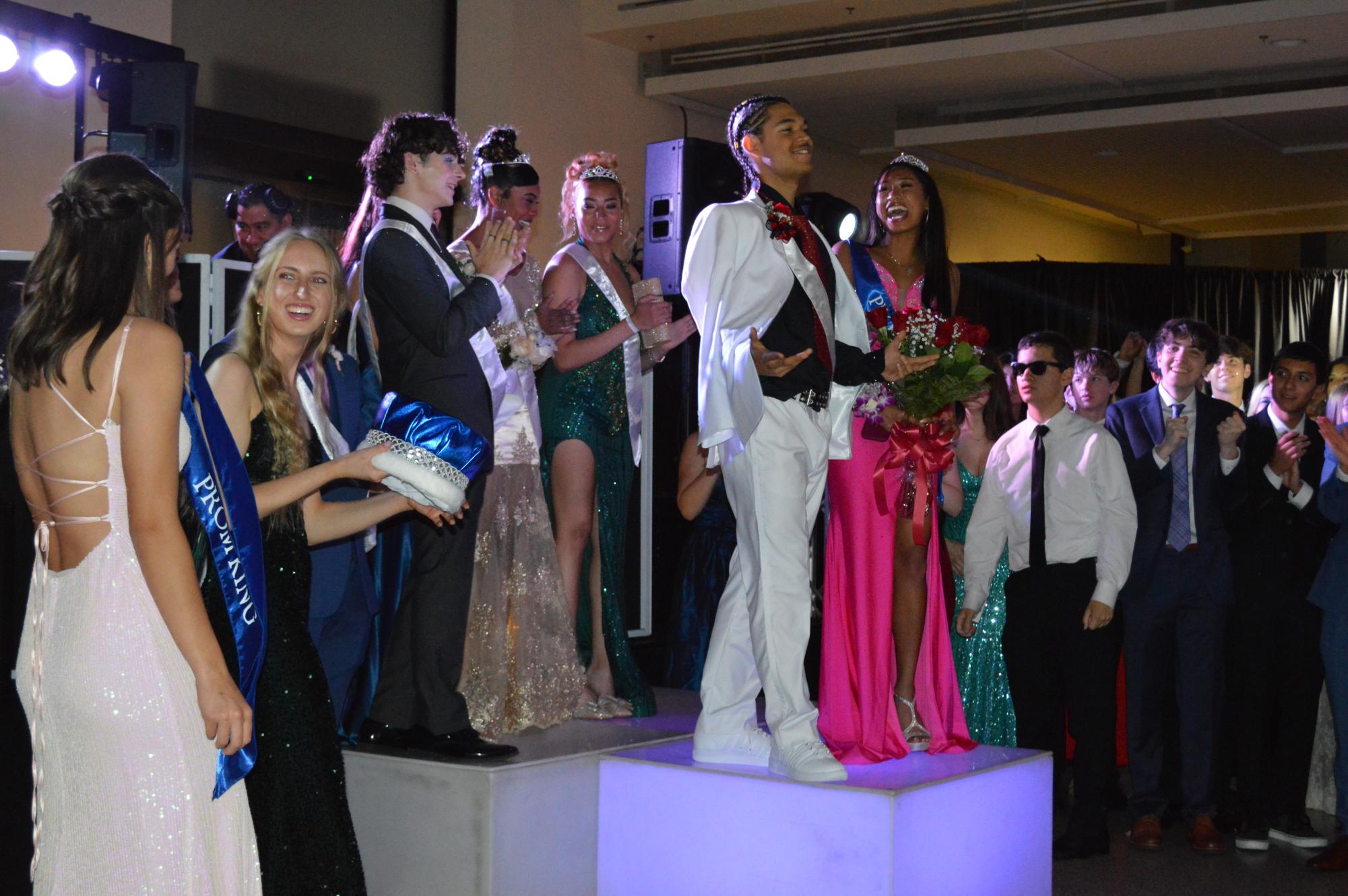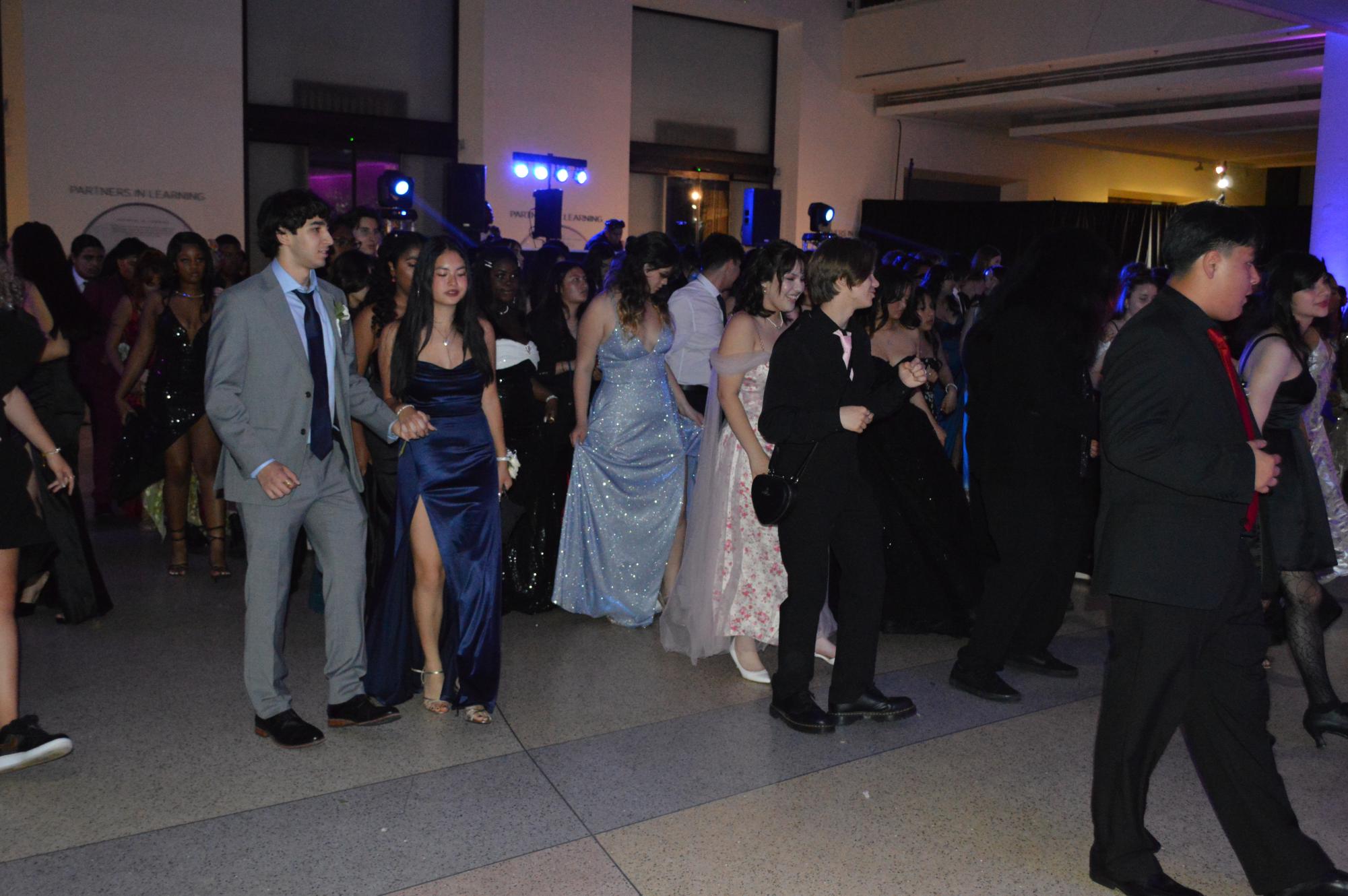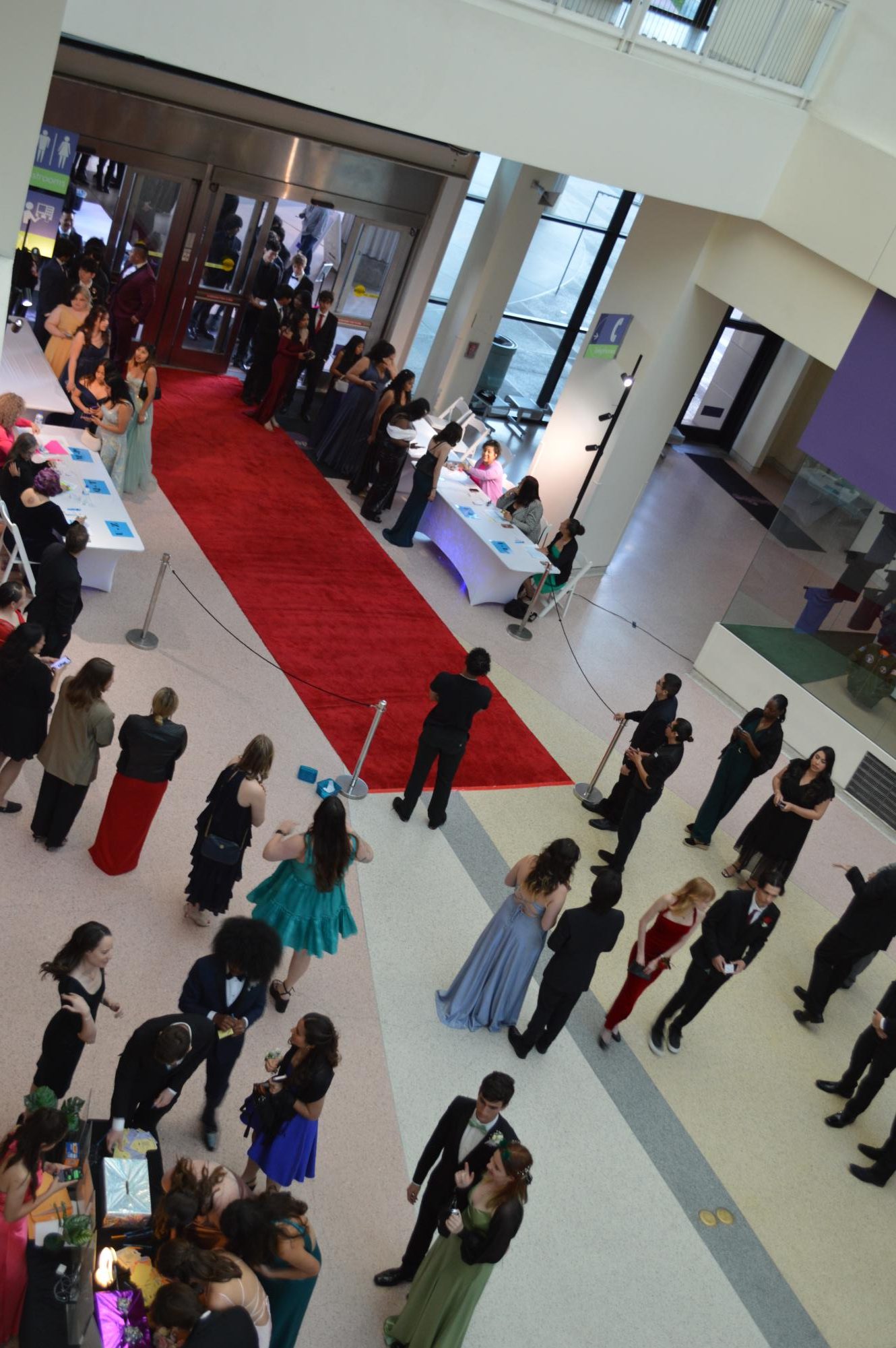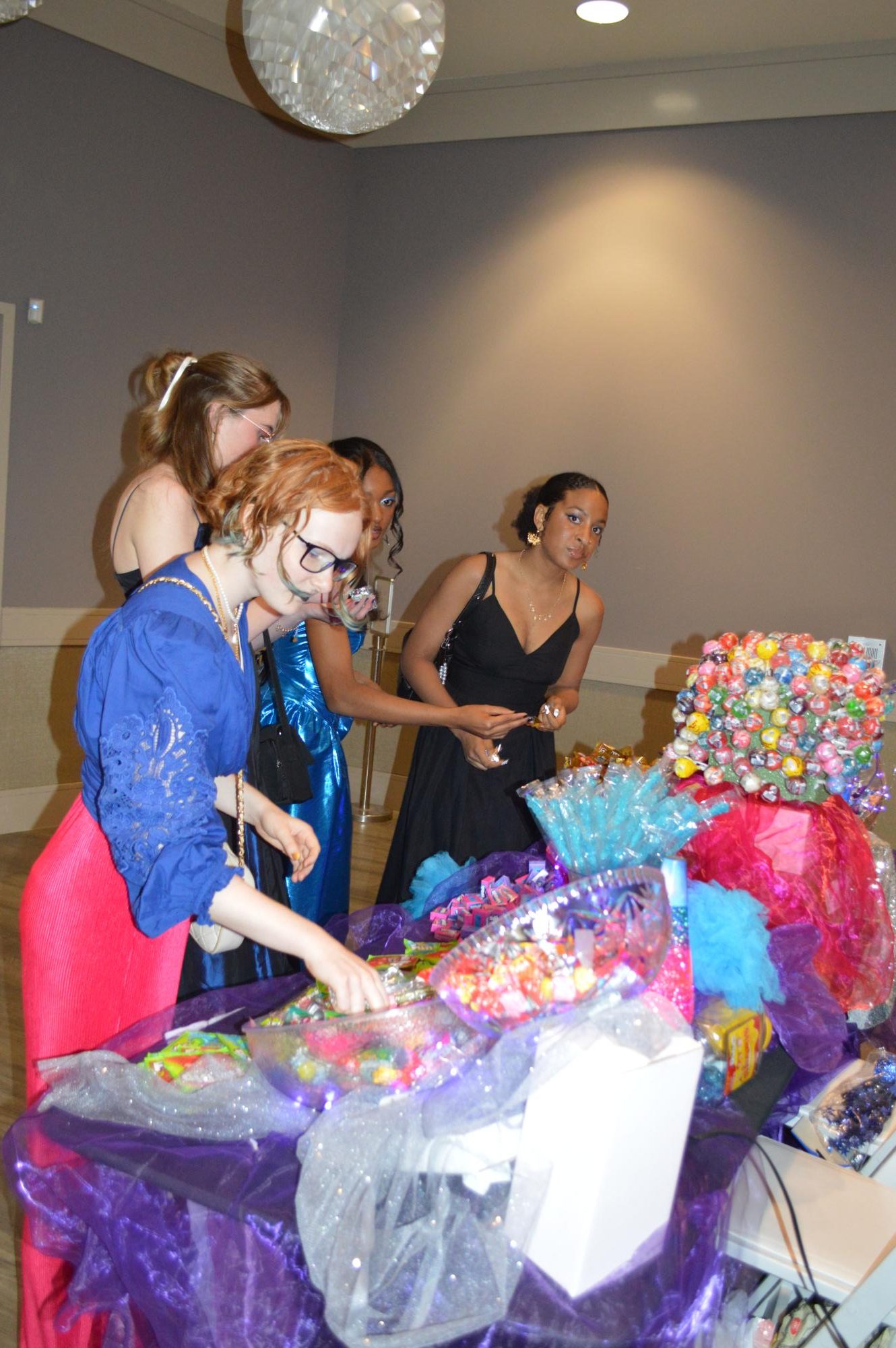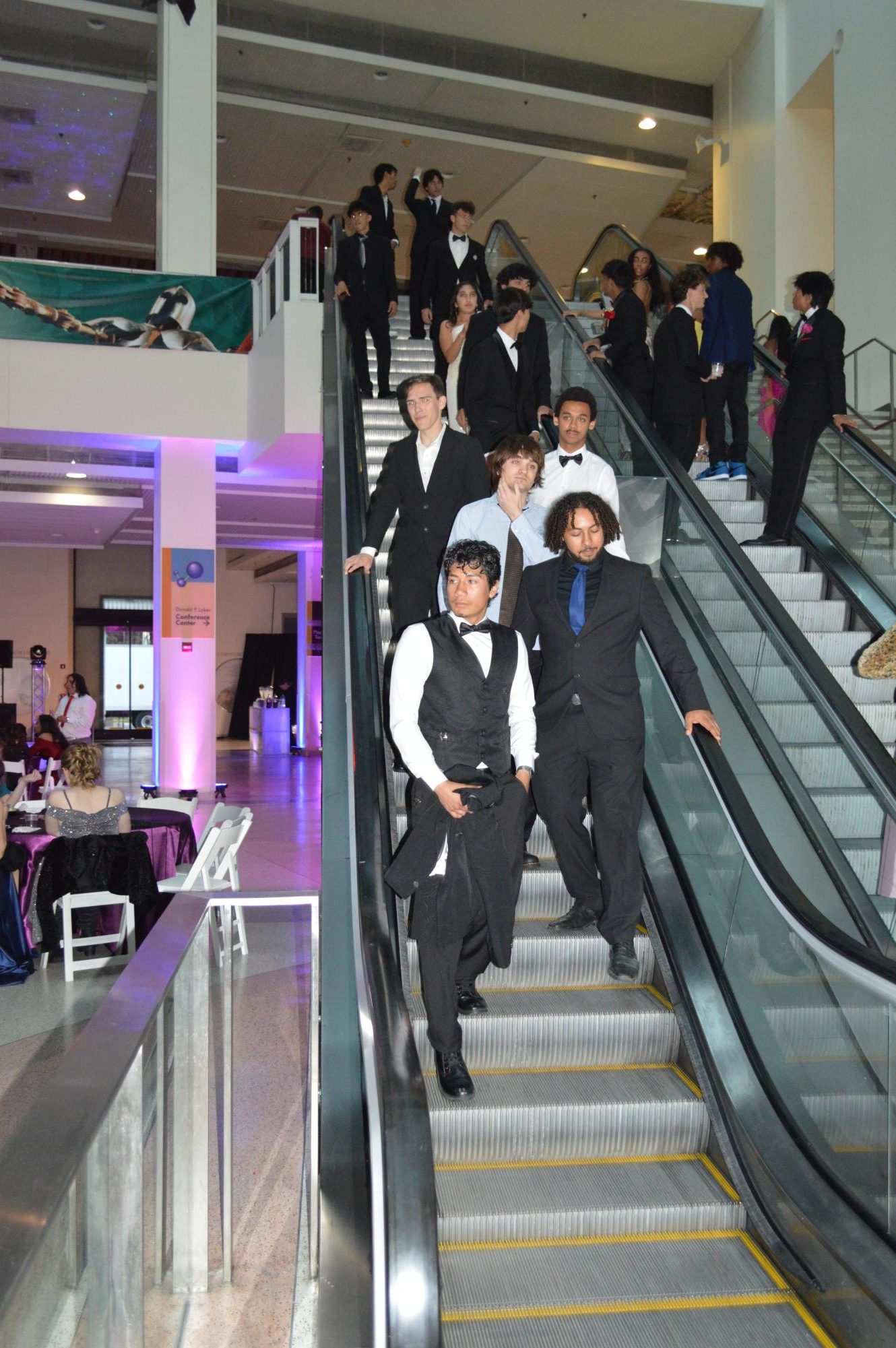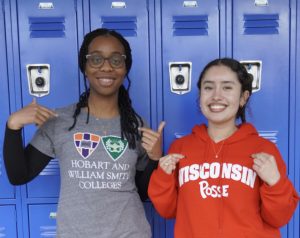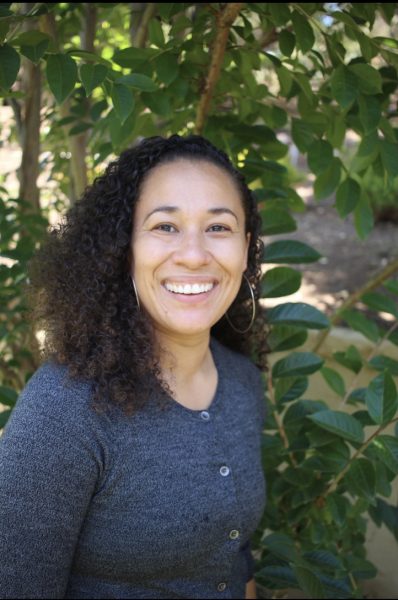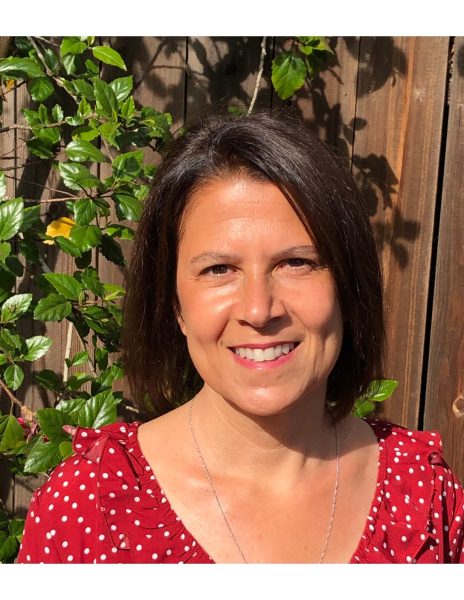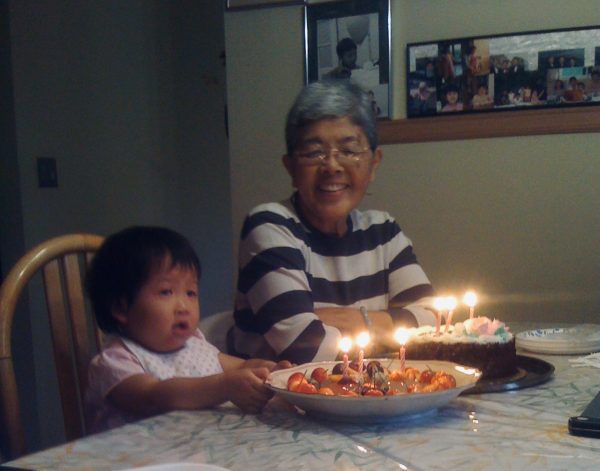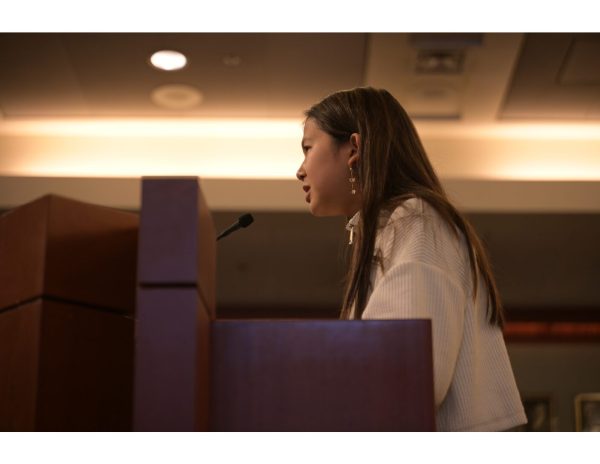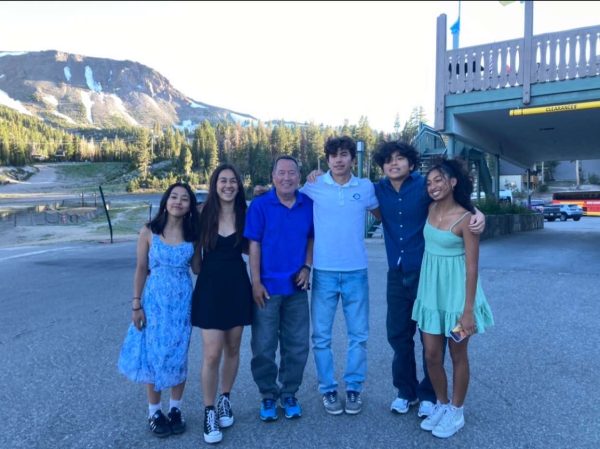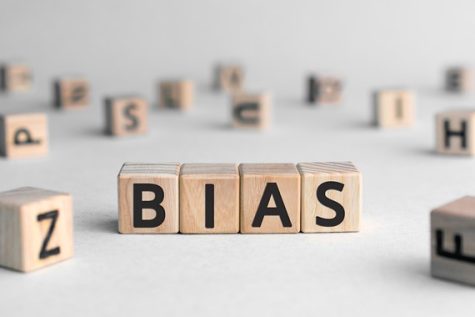Does CCHS Properly Represent Our Latine Communities?
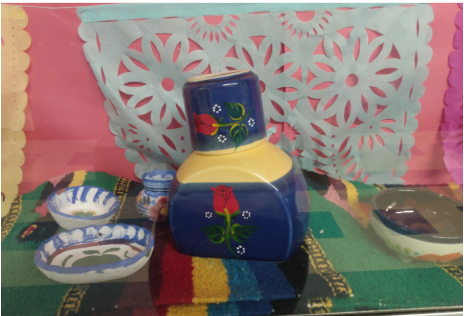
October 17, 2022
I cannot begin to emphasize the importance of cultural representation in American society. The Latine community celebrates Hispanic Heritage Month every year from September 15th to October 15th. Hispanic Heritage was initially celebrated for a week and was later stretched out into a month. You may be asking, what is Hispanic Heritage month, and why should I care? Hispanic Heritage Month is a celebration of the independence movements in Mexico, the Caribbean, and Central and South America. It is a celebration of the embodiment of the diversity that our community withholds, as well as culture, tradition, ancestry, and history.
The Latine community represents around 37% of our school, and yet representation is extremely limited. Though we aren’t taught about the diversity of our Latine Community, our school contains a multitude of Chicanos, Mexicans, Brazilians, Nicaragüenses, Dominicans, and more Latine identities. The Latine community is not one-sided; we have a lot of diversity. Representation should not only be included in different courses, but also by the school administration and our general school environment.
Over the past two weeks, I asked a multitude of Latine students at CCHS about their feelings on the representation we are given. But before I get into their responses, I’d like to express the importance of representation. Representation, according to Merriam-Webster, is the act of portraying a specified group of people on their behalf and starts with terminology. The word Hispanic is usually associated with the Spanish language, while the term Latine usually refers to a geographical location or area. Both terms can be used depending on the context of one’s identity. Representation is important because it promotes inclusivity and allows communities to connect. Identity is a difficult topic to talk about, but the representation of one’s identity allows one to place themselves in a space of belonging.
As I surveyed the various members of our Latine club on campus, “La Fuerza”, I further realized the importance of representation and of having Latine voices heard. In a majority of the responses that I received, many of the Latine community members said they don’t feel they are prominently represented. They said they seemed to have a standard view in which our school describes representation as a more general concept. I was also able to learn more about how Spanish courses at our school share representation. A few of the CCHS Spanish teachers said that their courses are not holistically representative of the Latine community because they are limited to the extent of their lessons. A Spanish class, of course, is not the best place to find representation because ultimately, it’s a language course.
I also asked questions to members of the general Latine population, such as: What is Hispanic Heritage month? Why is representation important in our community (at school, at home, etc)? Do you think our school properly represents your identity? Most of the Latinos that I surveyed said that they had no idea what the concept of Hispanic Heritage Month was for. Their responses included “I don’t know much” and “I have no idea what Hispanic Heritage Month is for”. When asked if the school properly represented them, a large majority said they had “mixed feelings”. They reported the school tries its best to represent people of all cultures, but limits the amount of representation. There was a general consensus that our school shows representation, but that it needs to work on including the opinions of members of ethnic groups. Ms. Quintero, a CCHS Ethnic Literature teacher, said, “Representation is limited, lacks depth, and does not bring authentic voices into the fold. [I find] that our Latine community is invisible and not recognized or centered in significant ways that challenge power dynamics.” Our school needs to hear the voices of those in each ethnic group to properly embody their cultures and identities. Our Latine community needs to have a voice year-long and must not be limited or constrained to a month.
The Latine/Hispanic community is a strong, passionate, and misunderstood diverse group of people who want to be heard. We are people who may or may not speak our native tongue. We are people with a mixture of stories and backgrounds. We are the voices of the future. We are powerful. We are descendants of those who cultivated the land that we came from. We are people who were born in and out of the United States. We are people with stories – stories that need to be heard.
